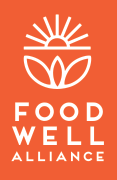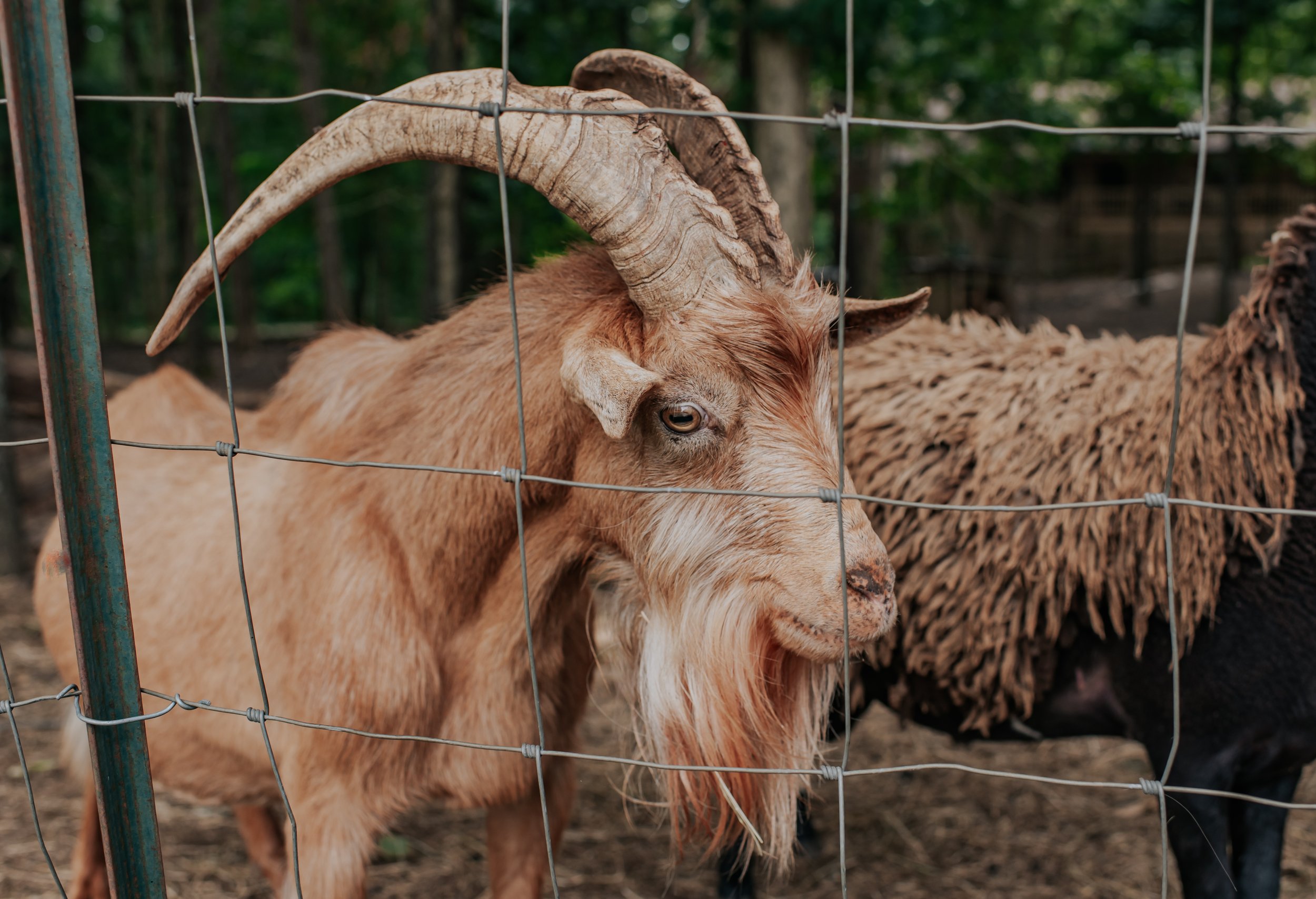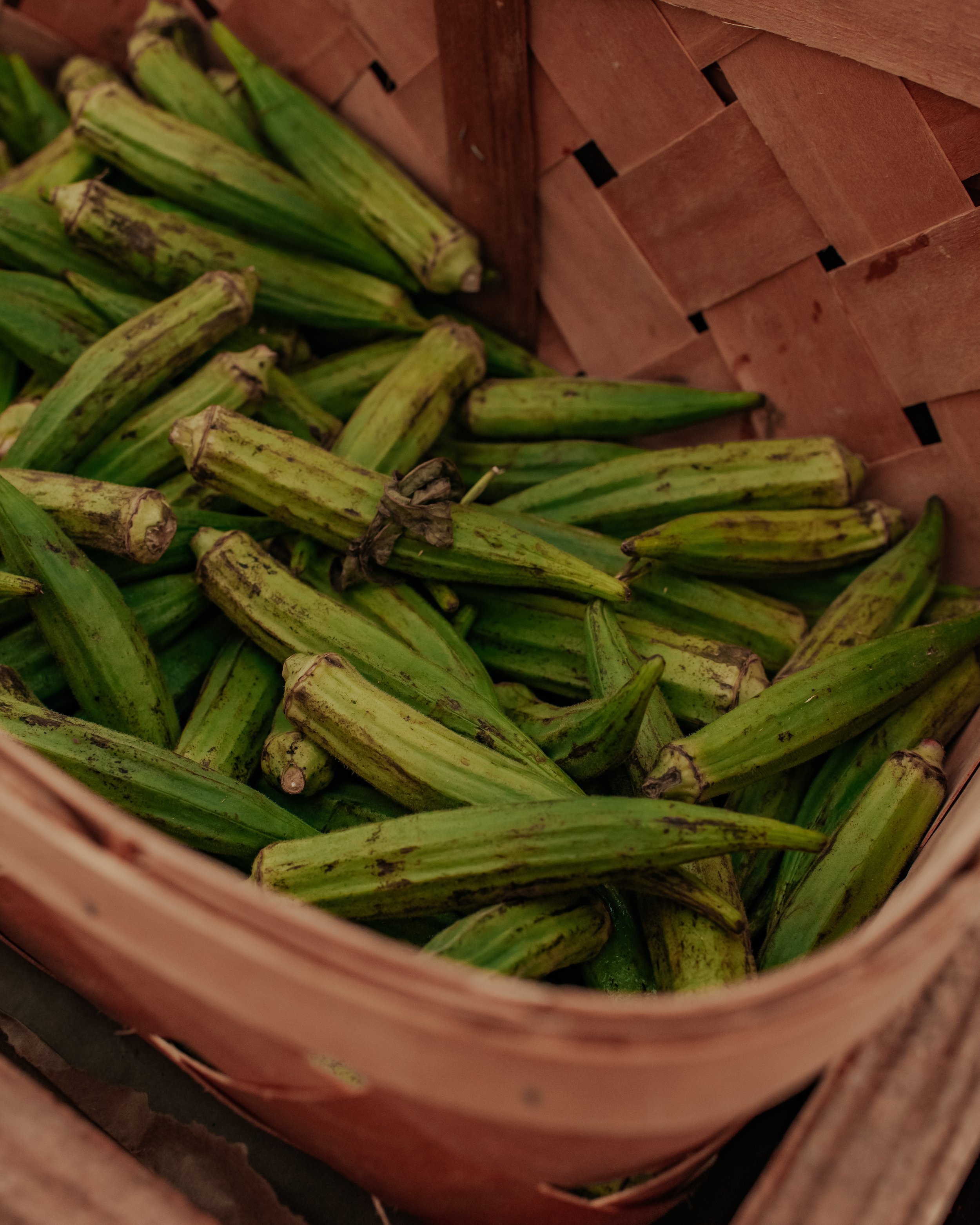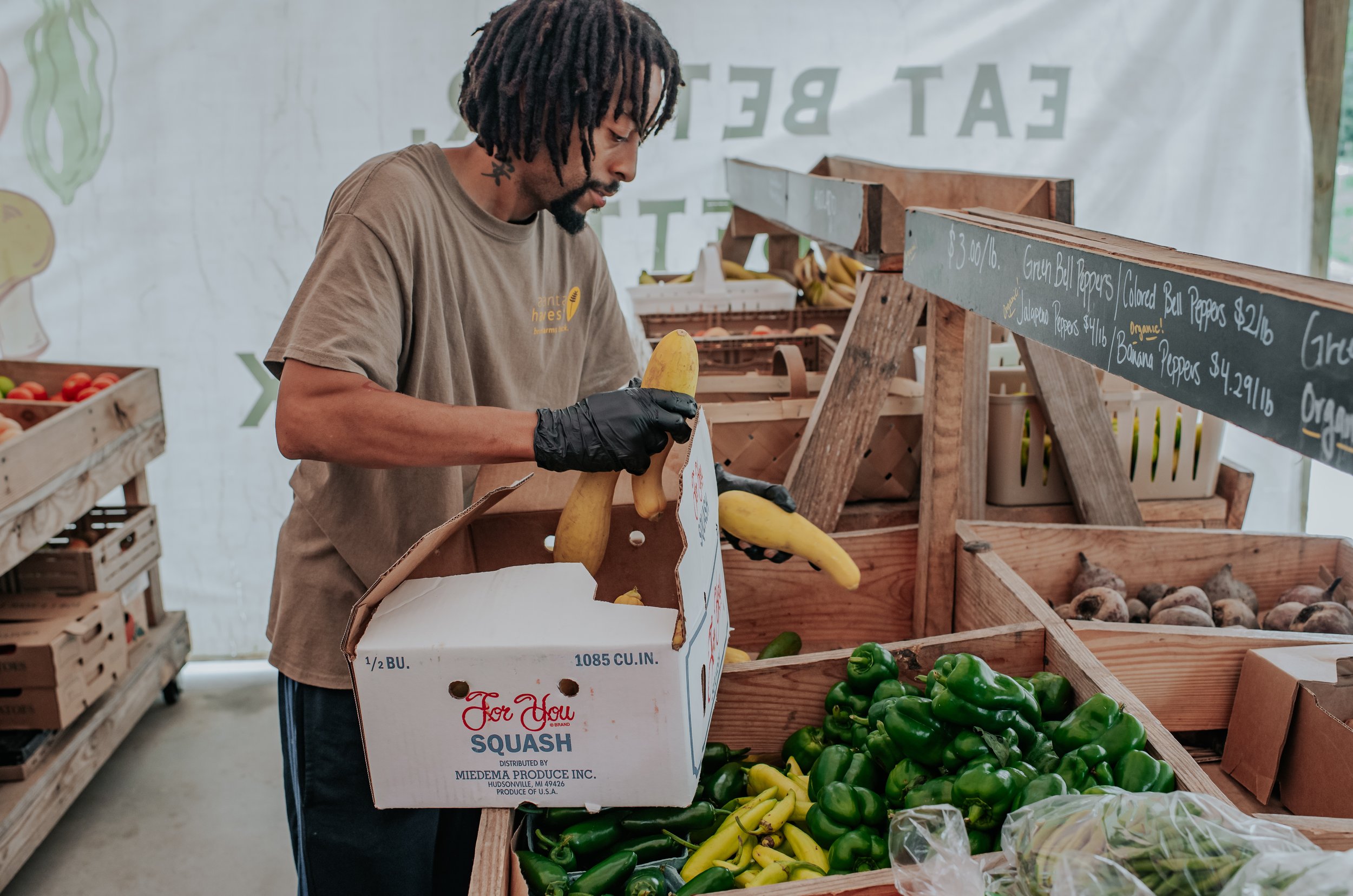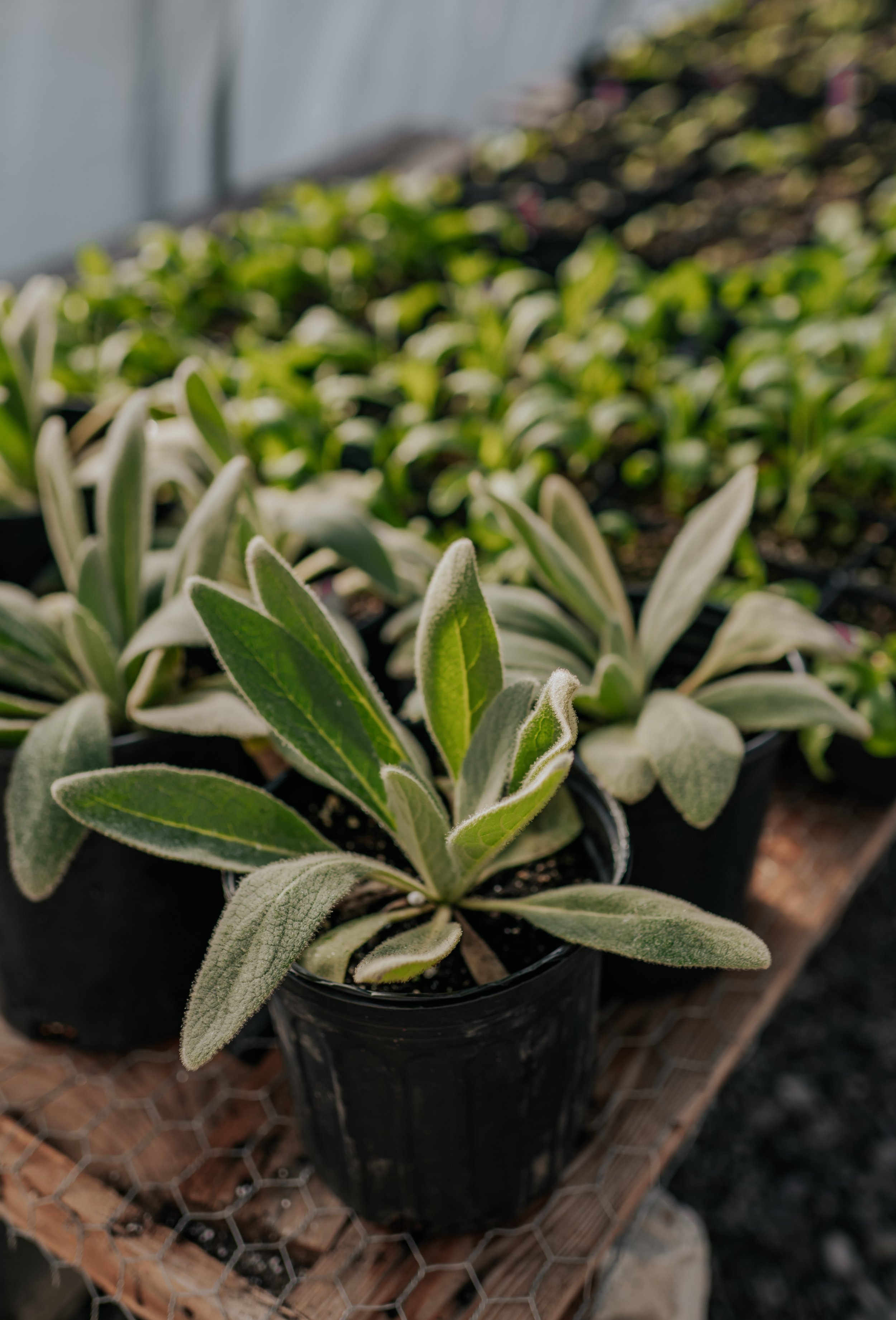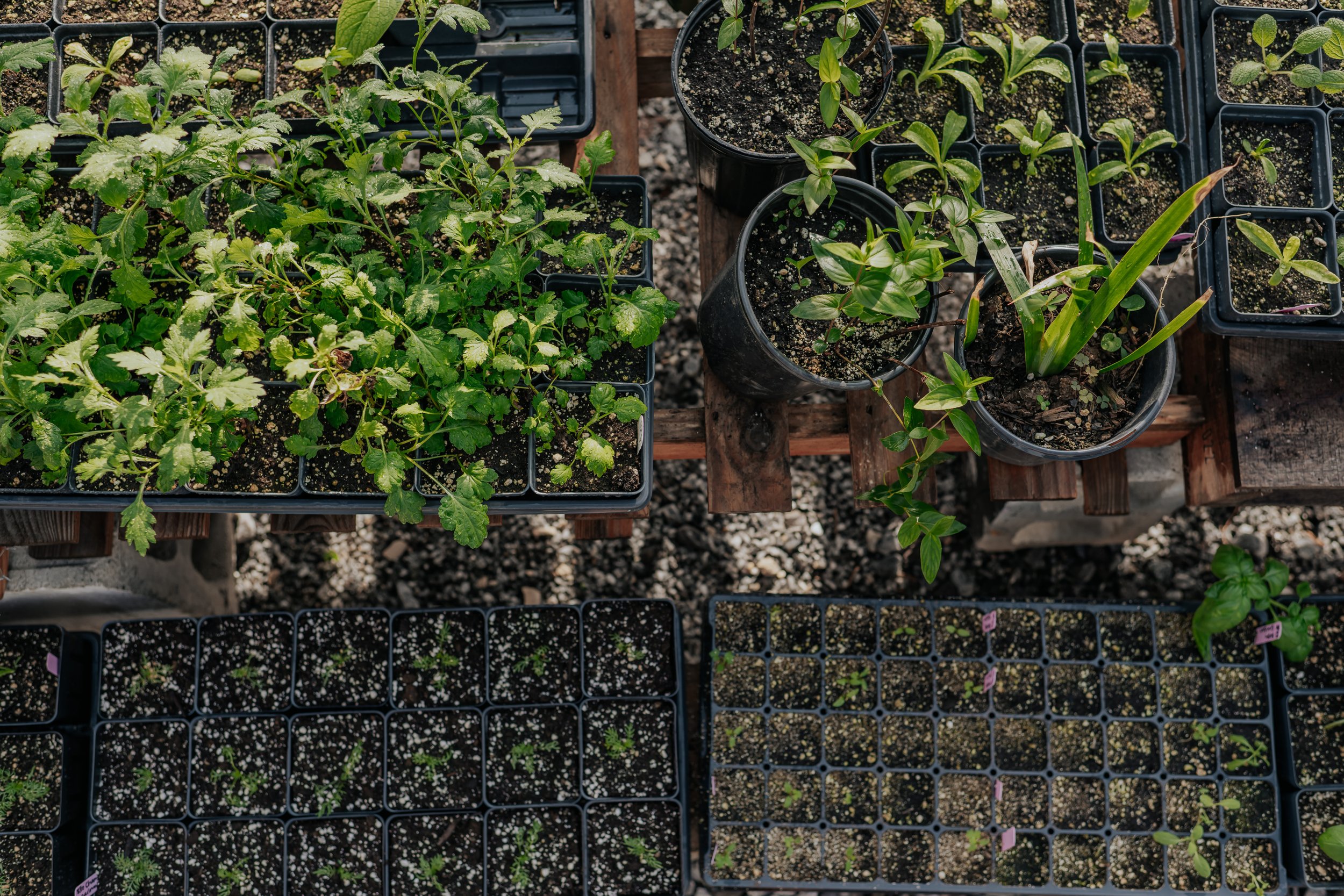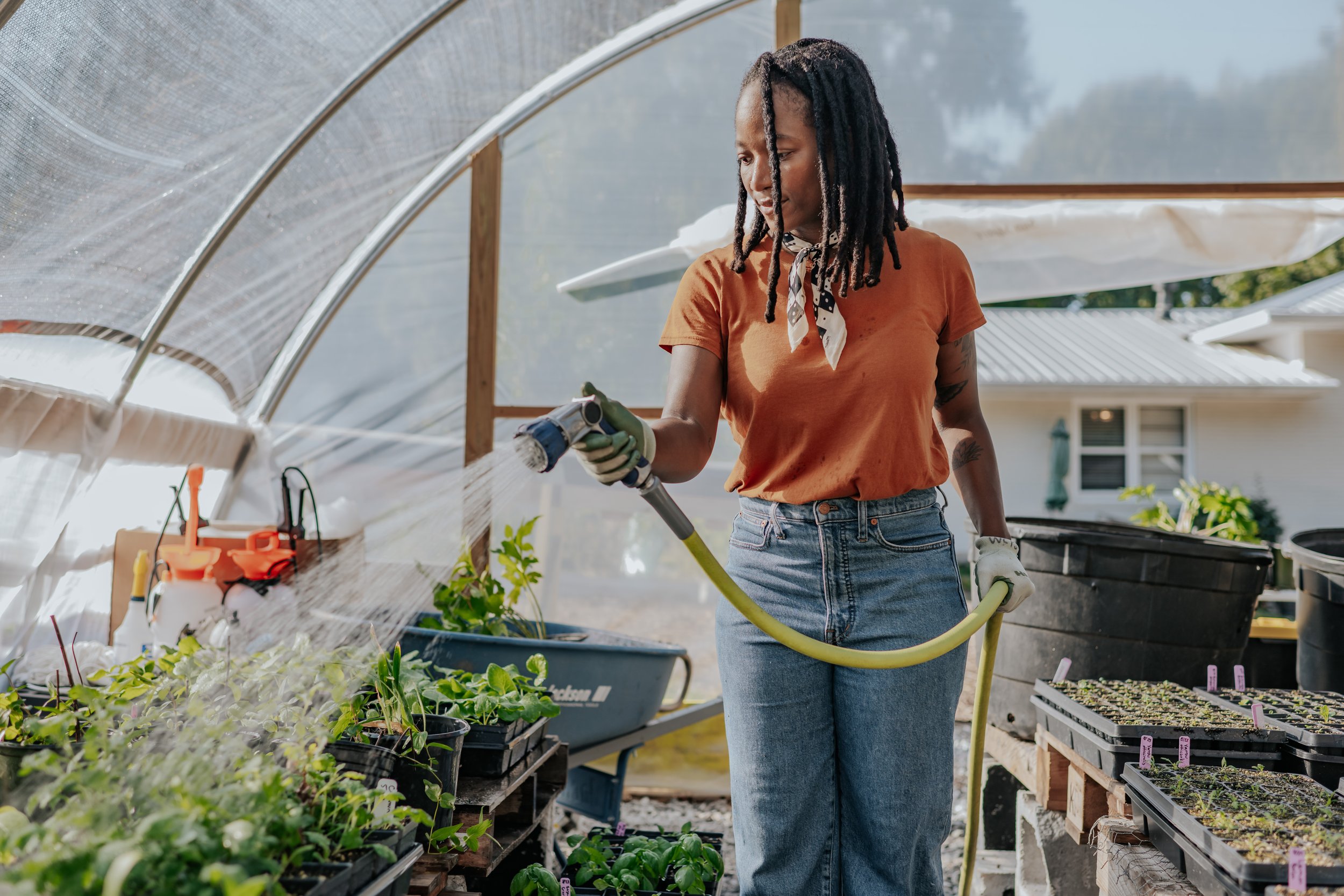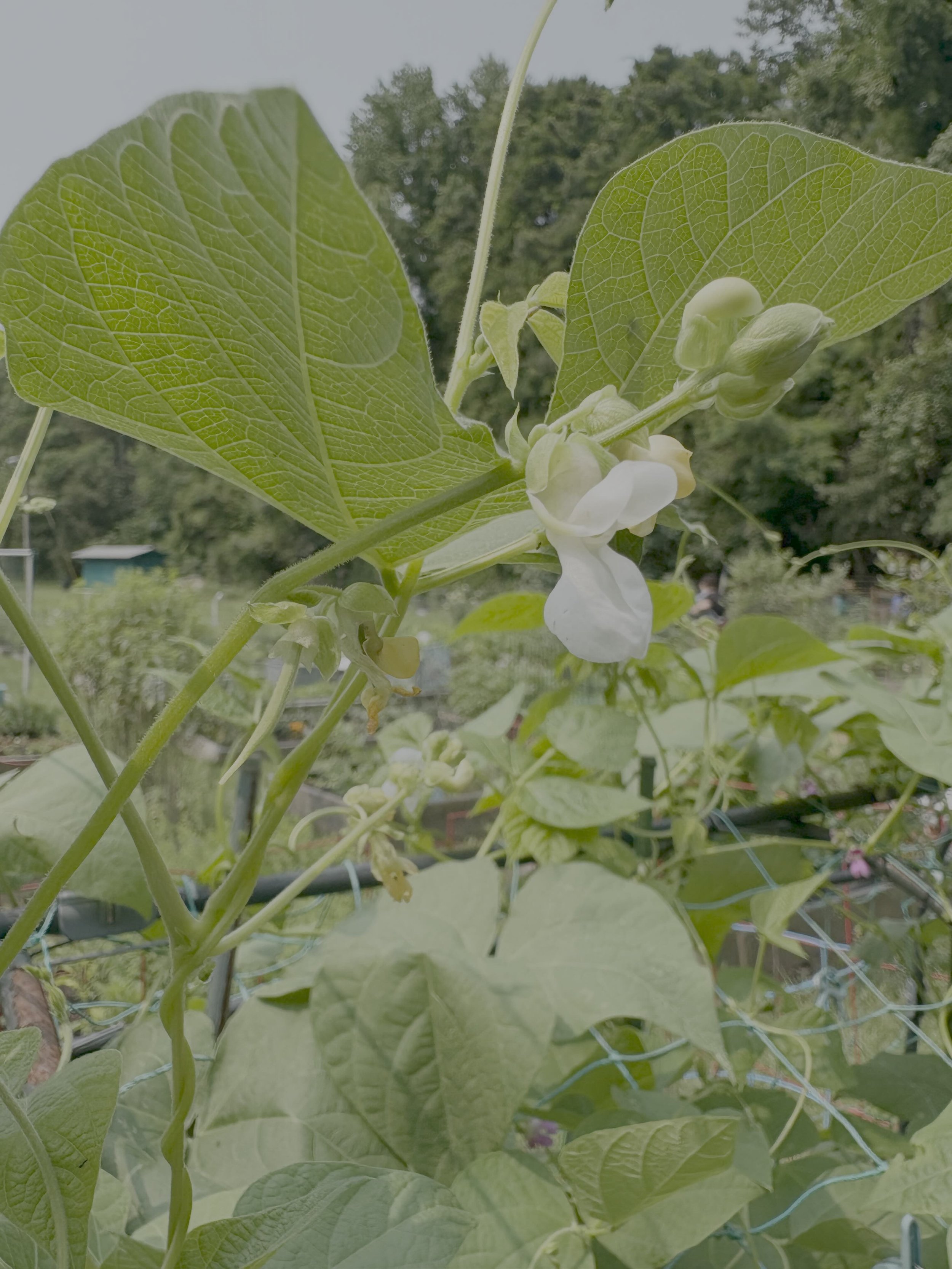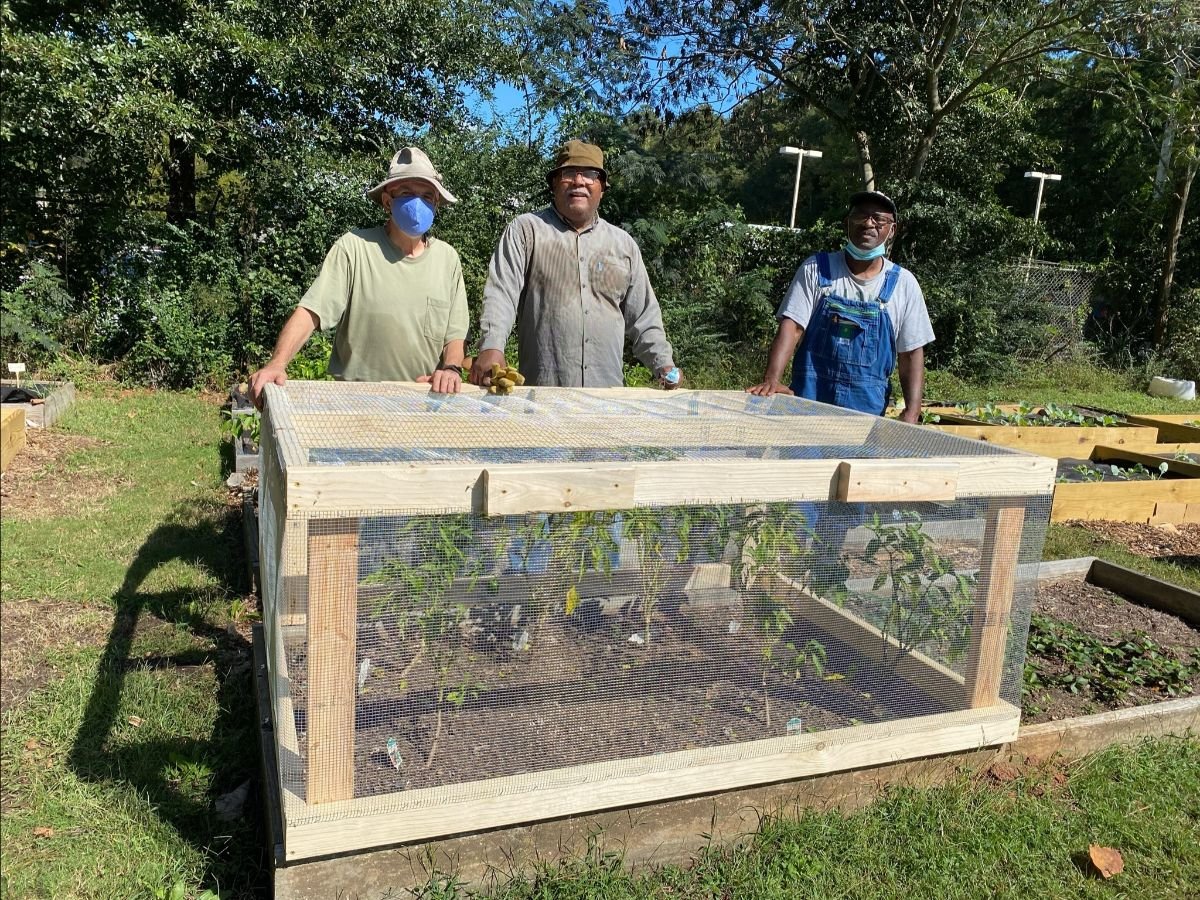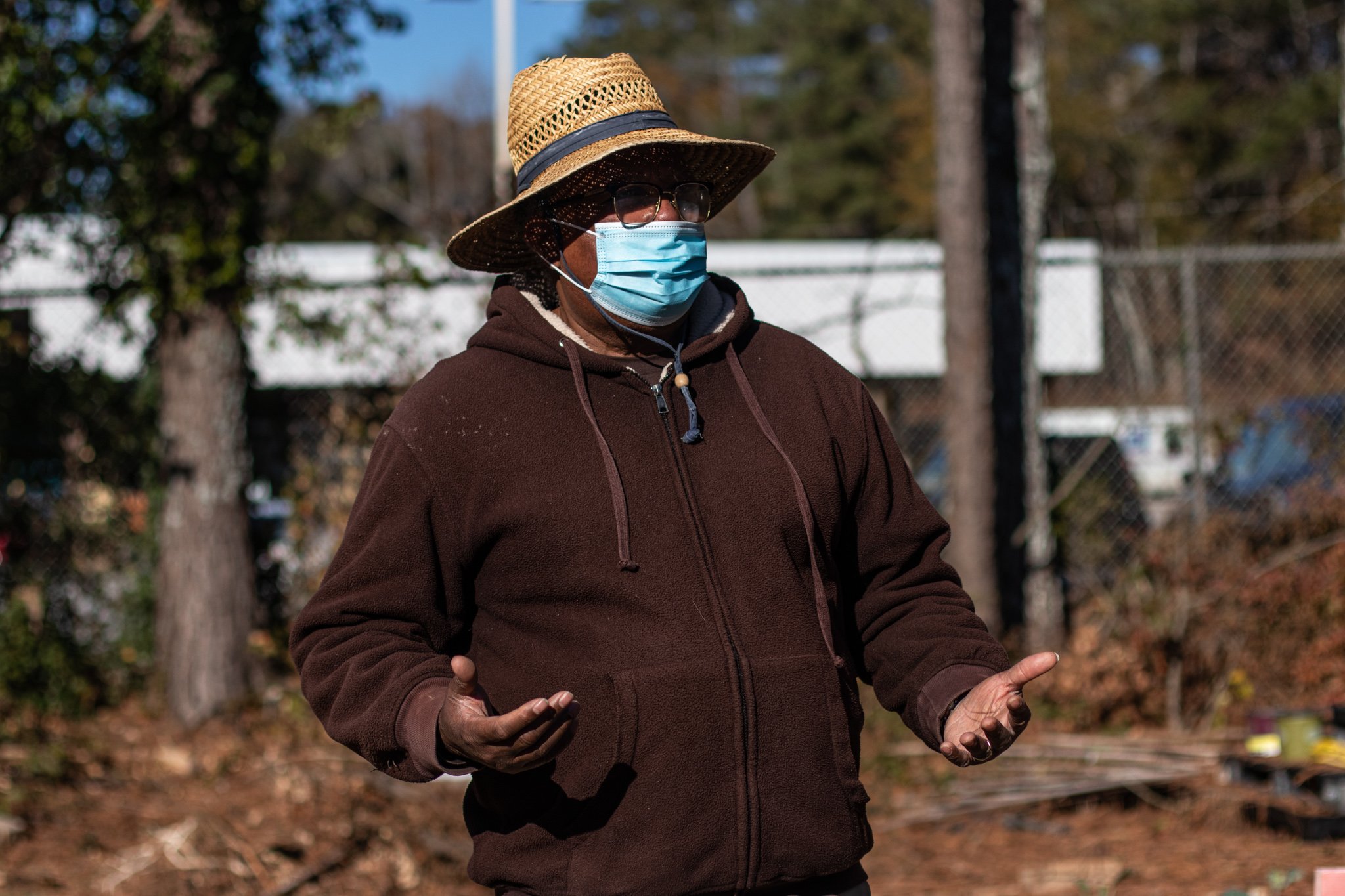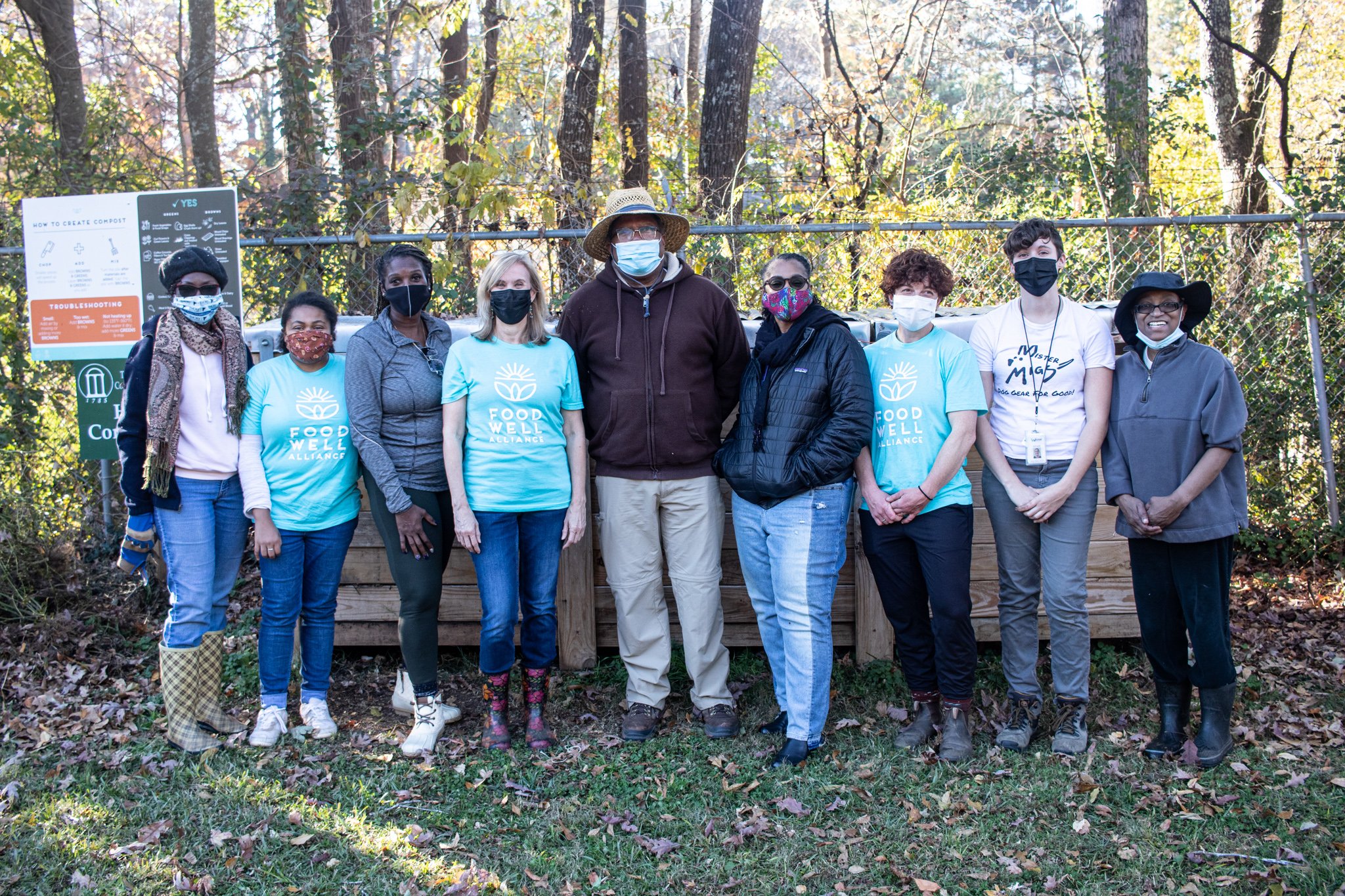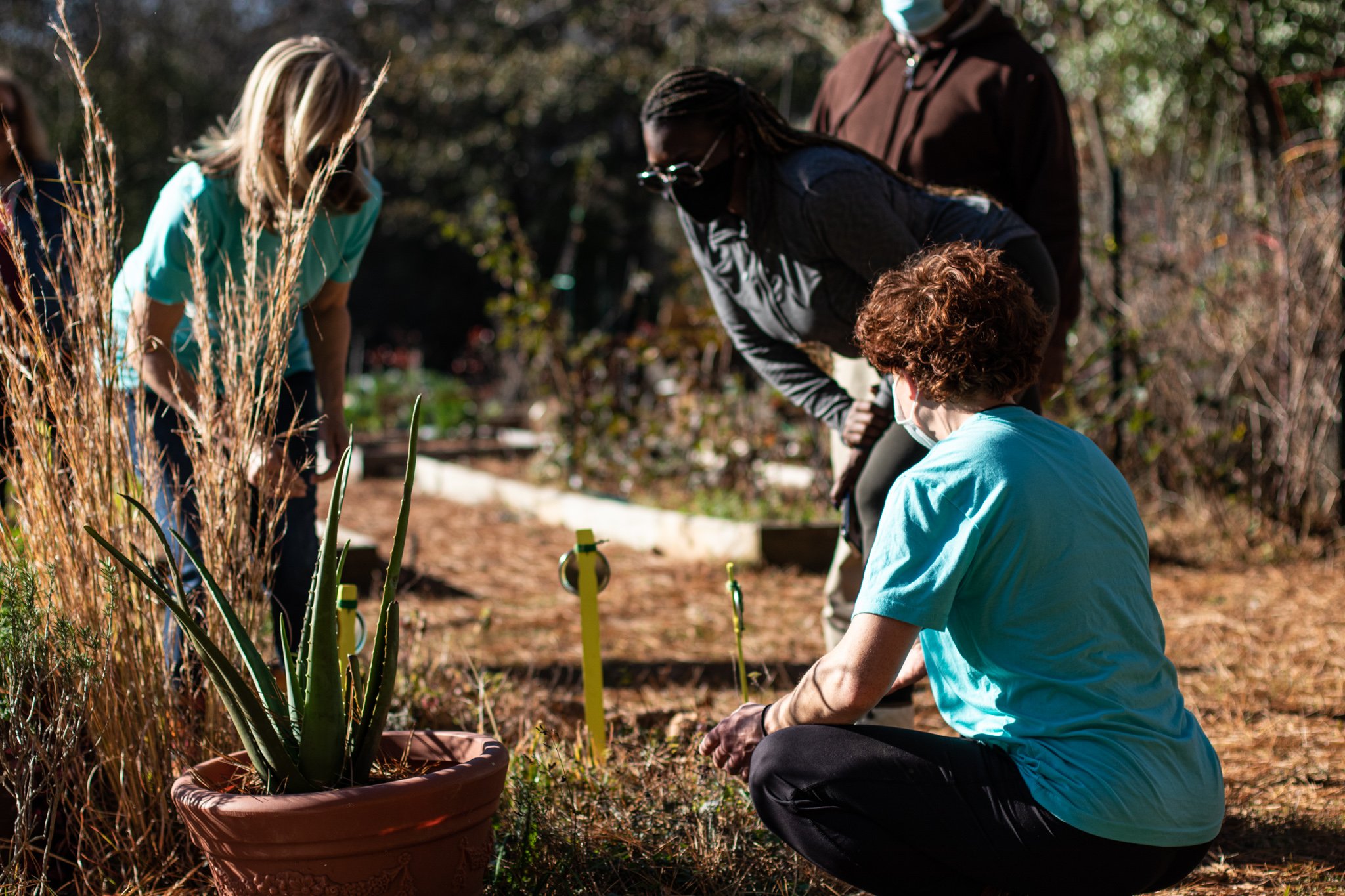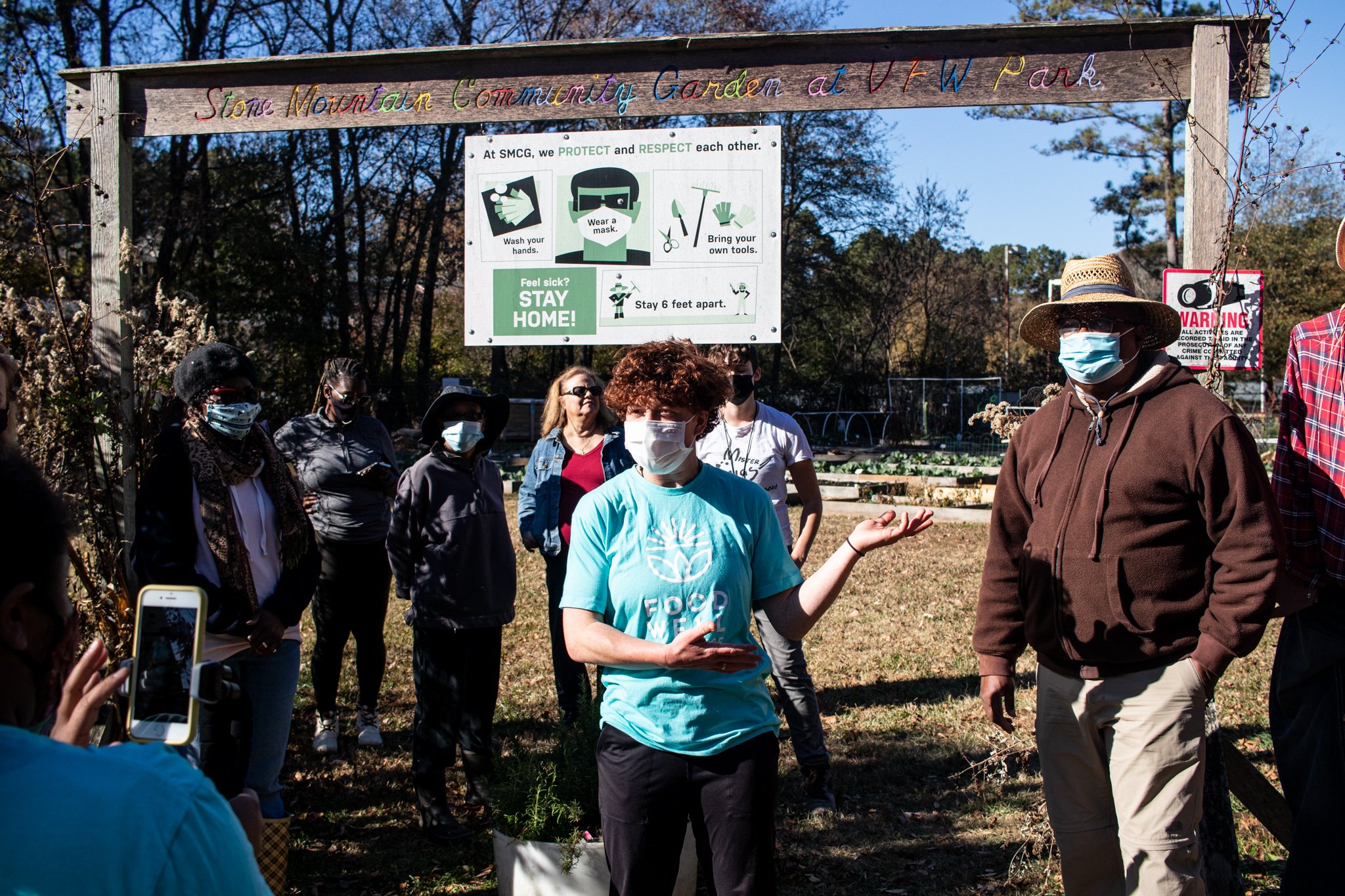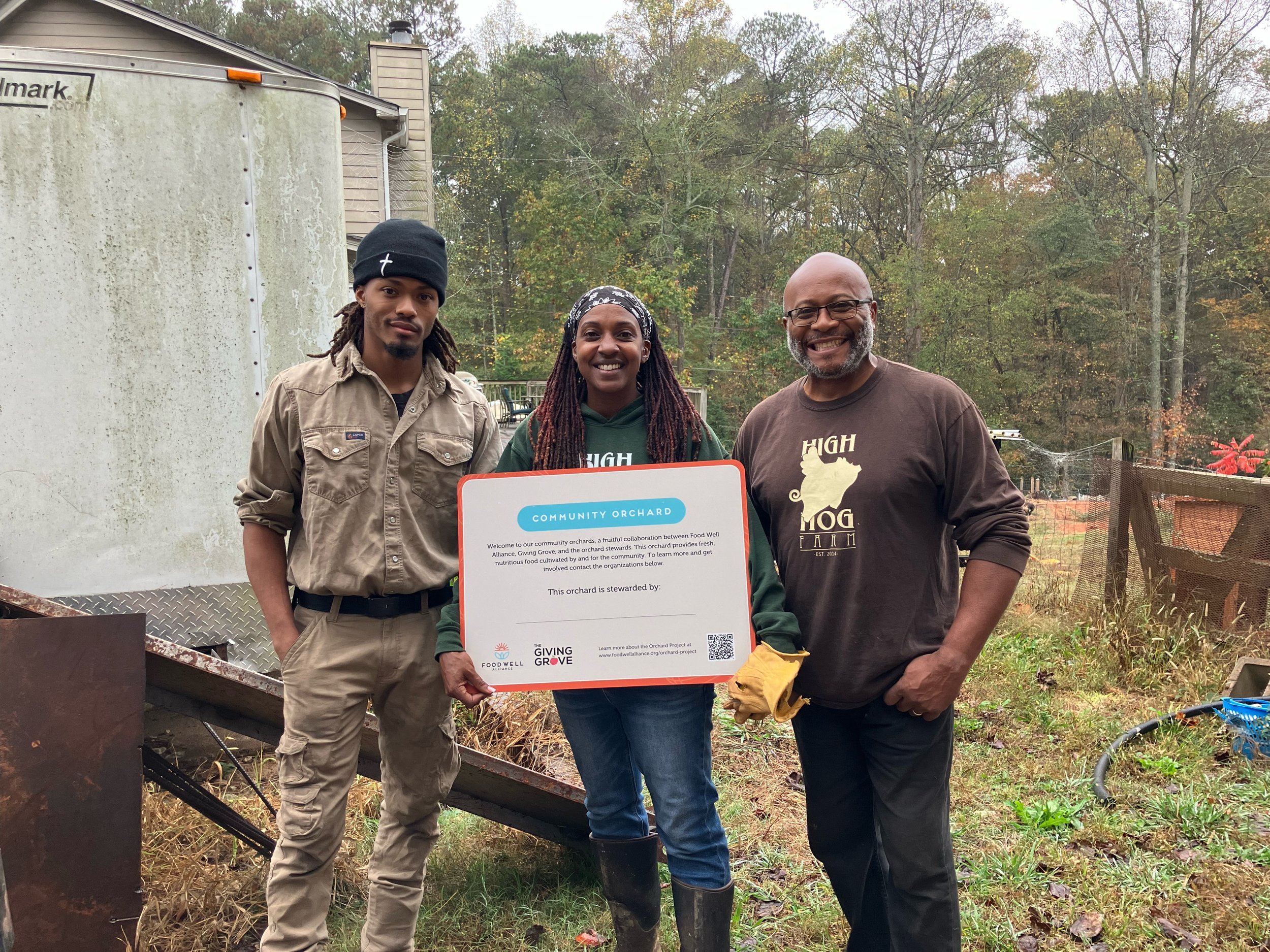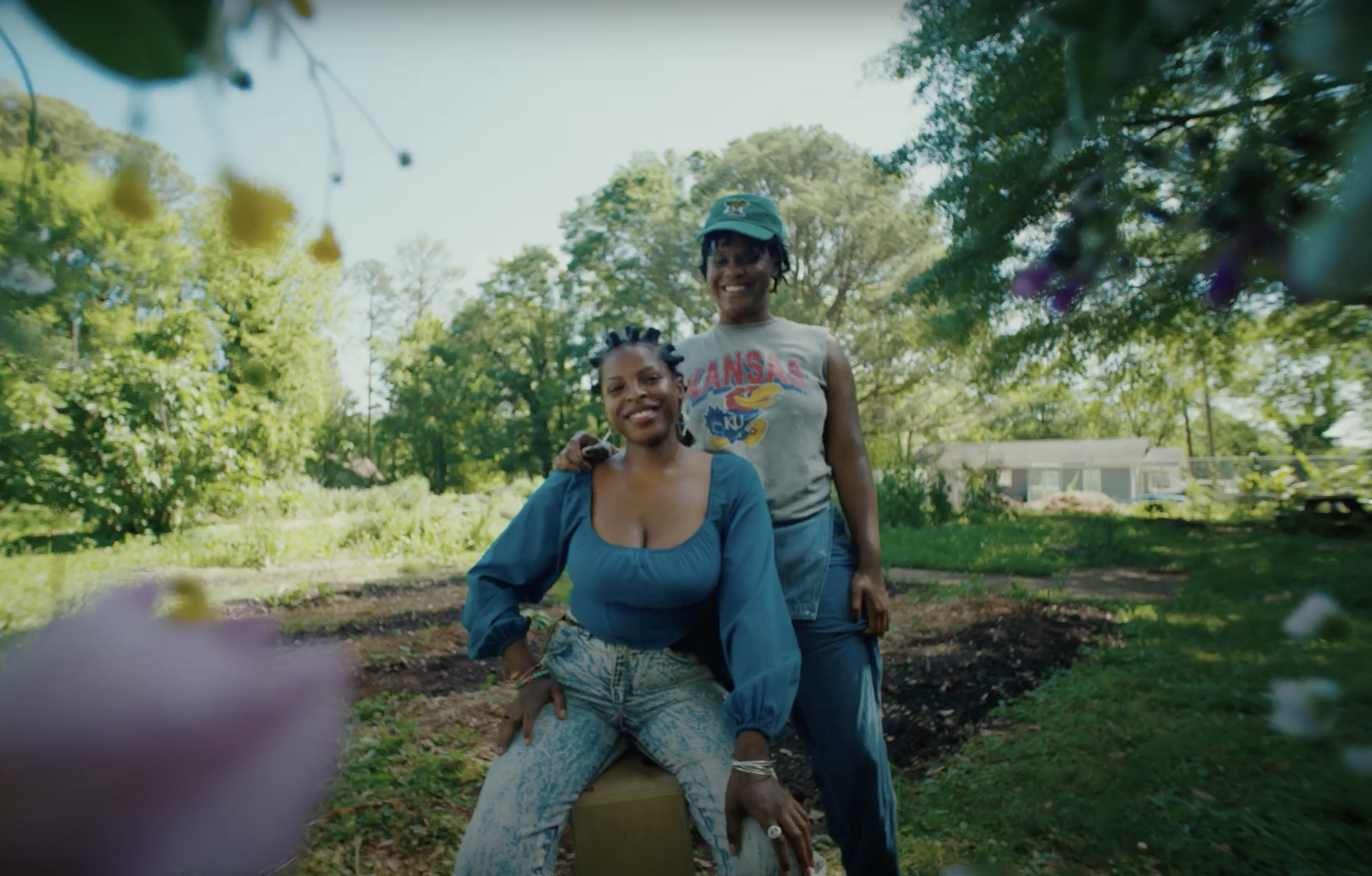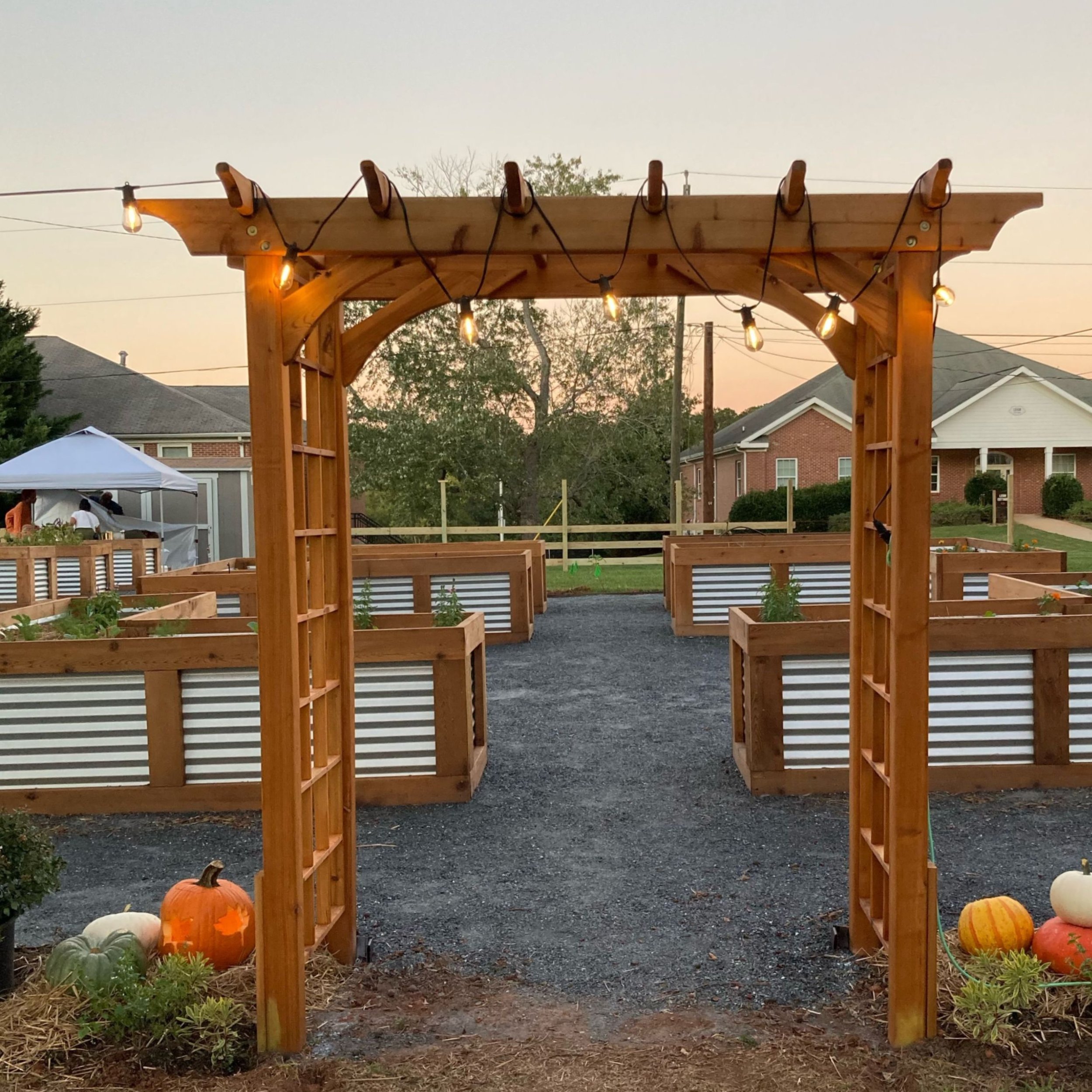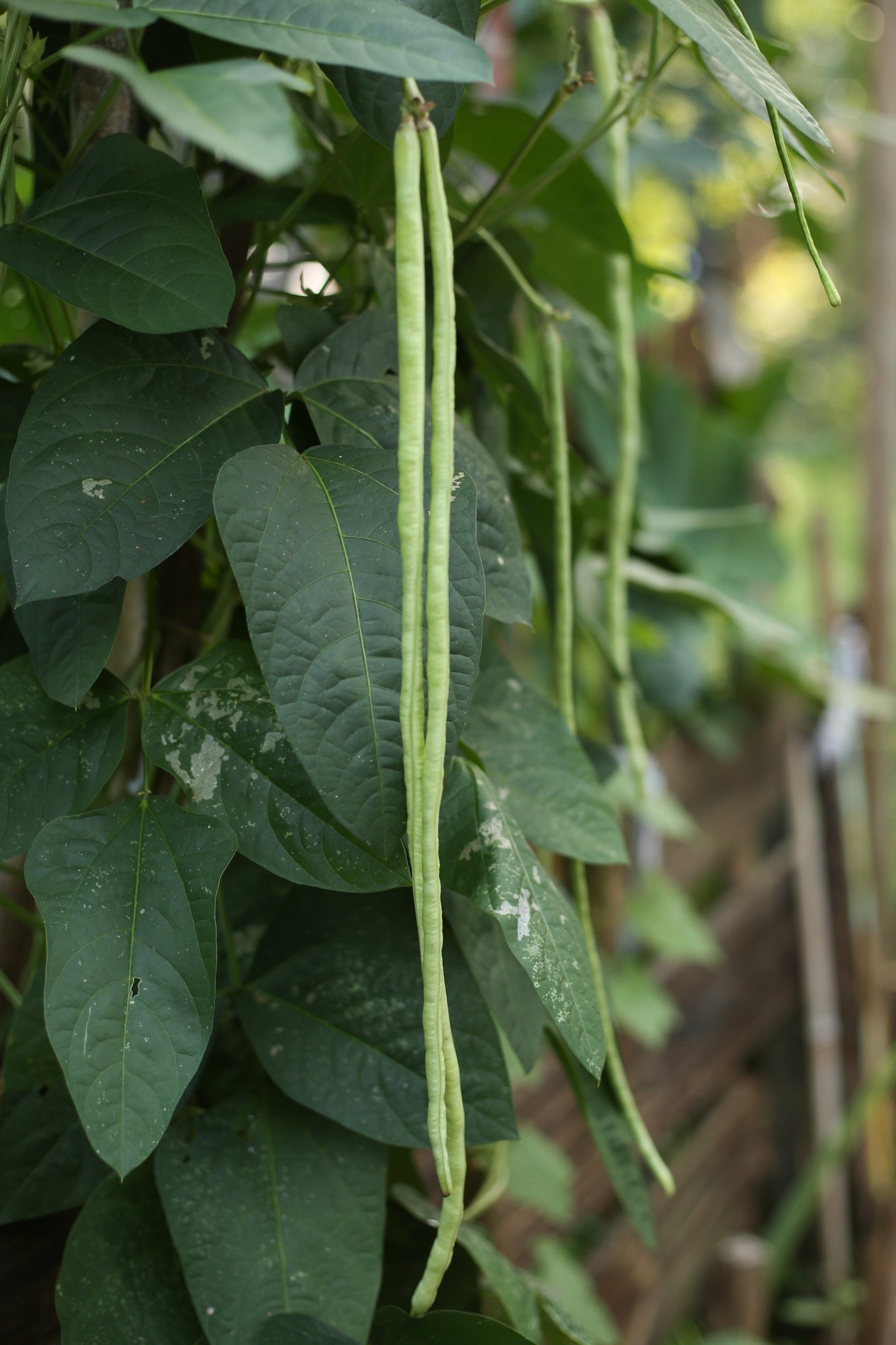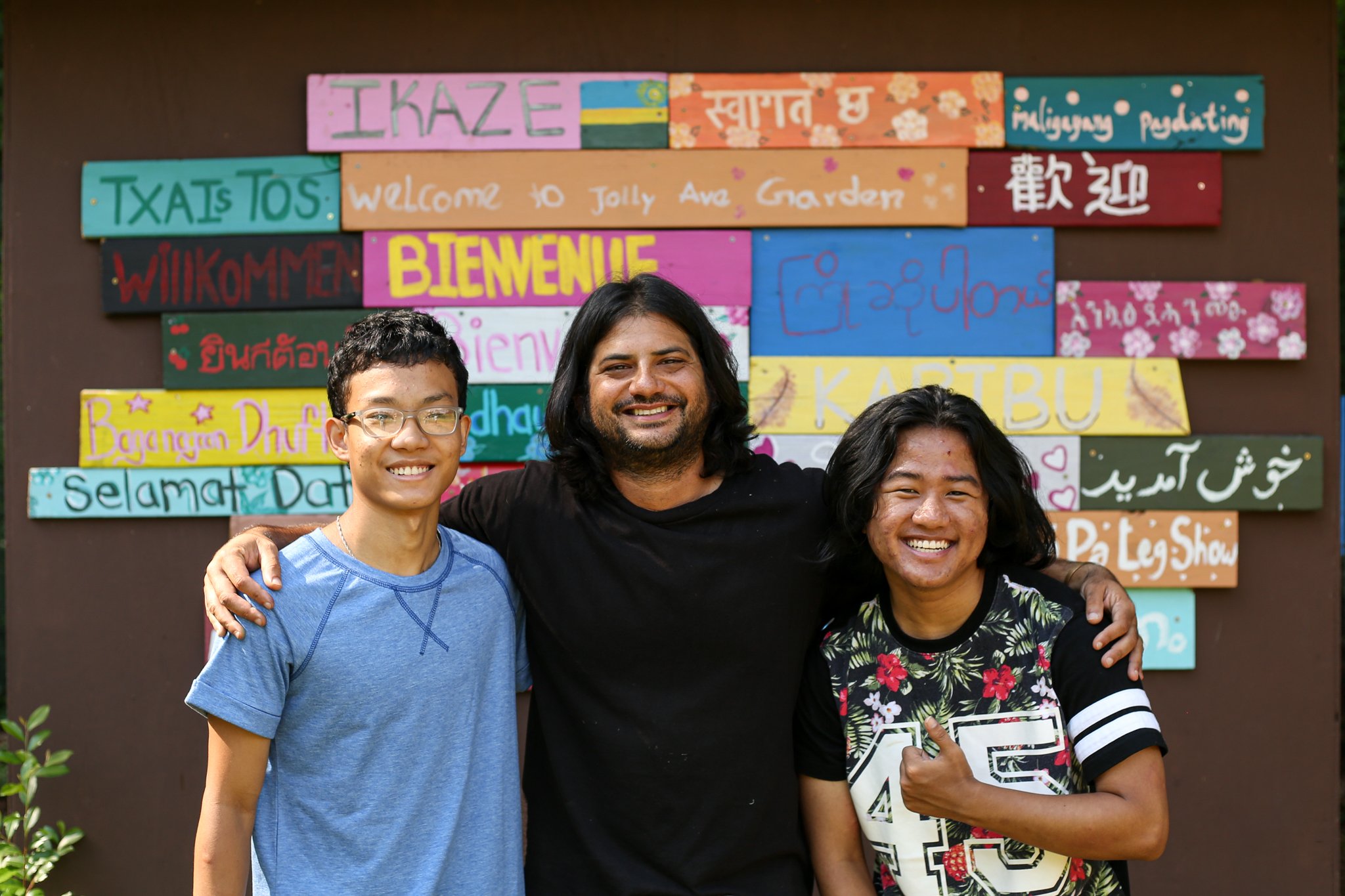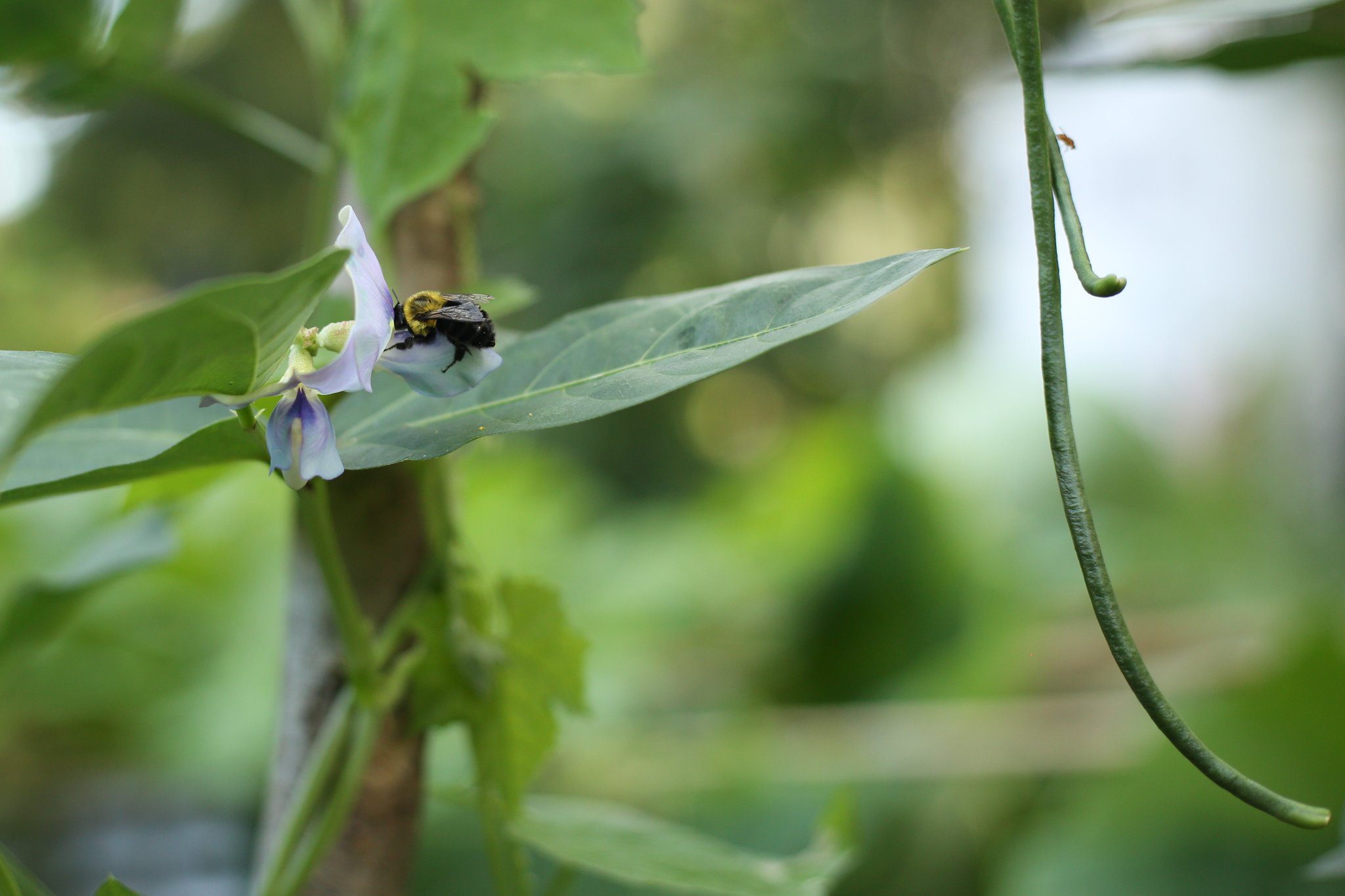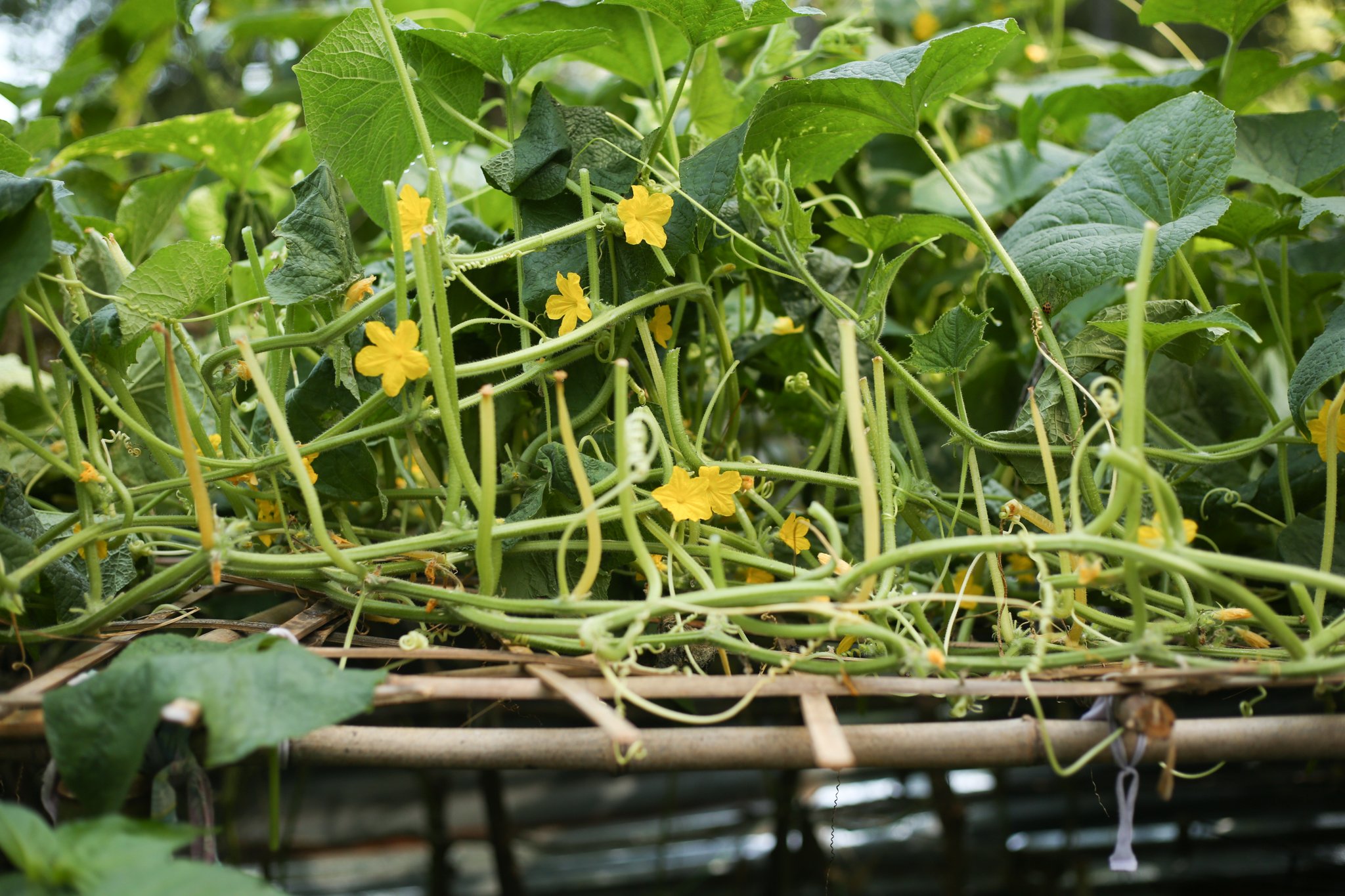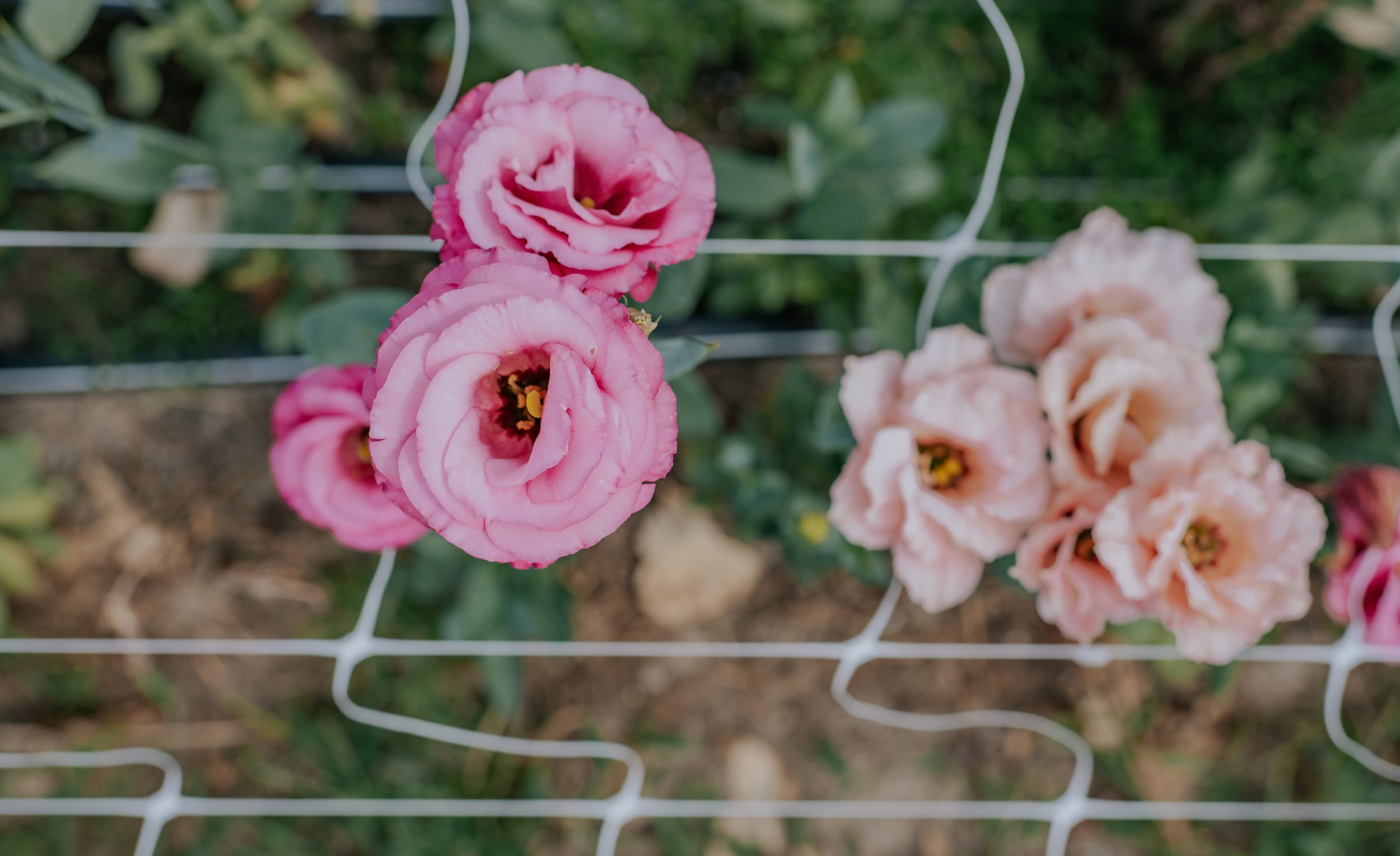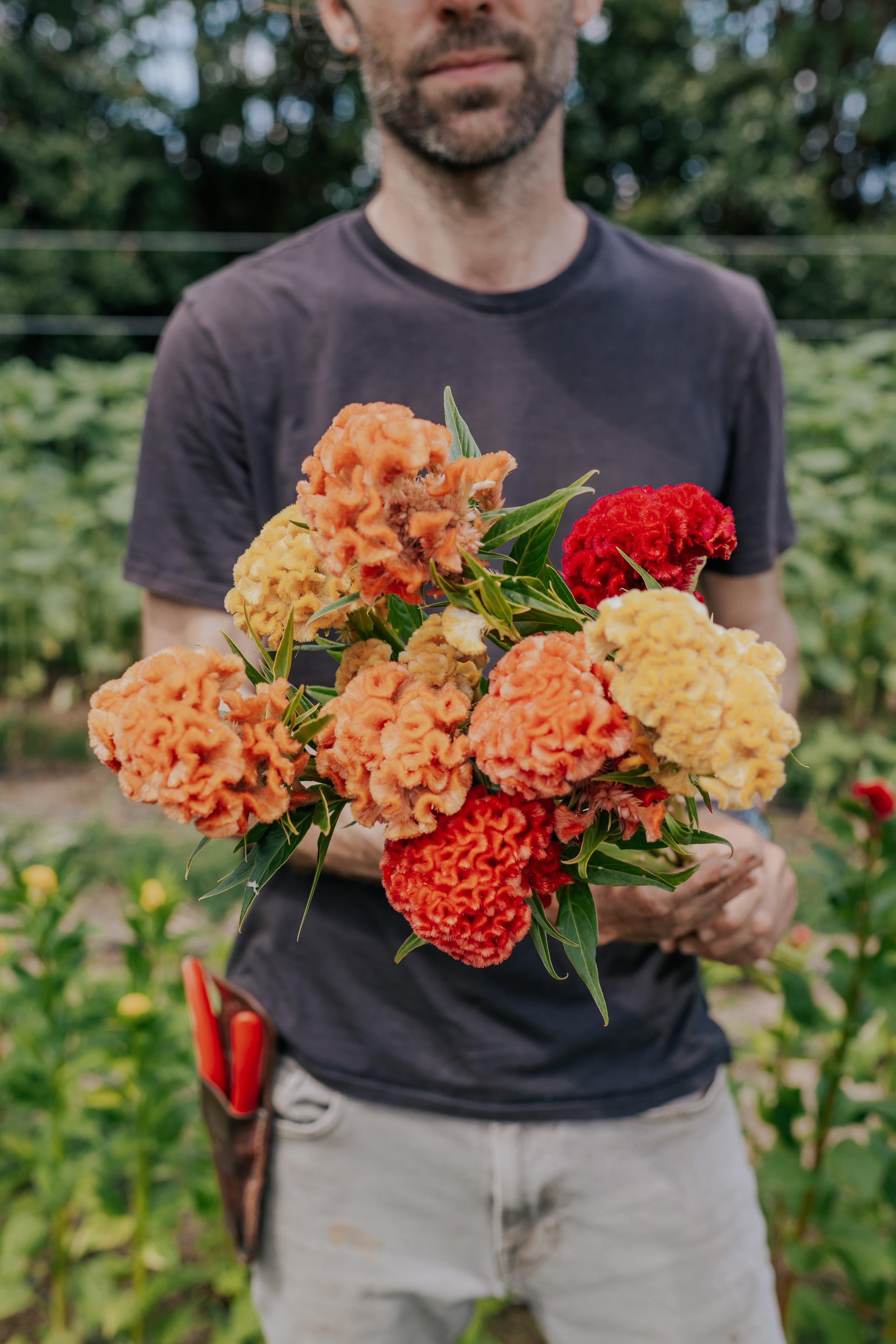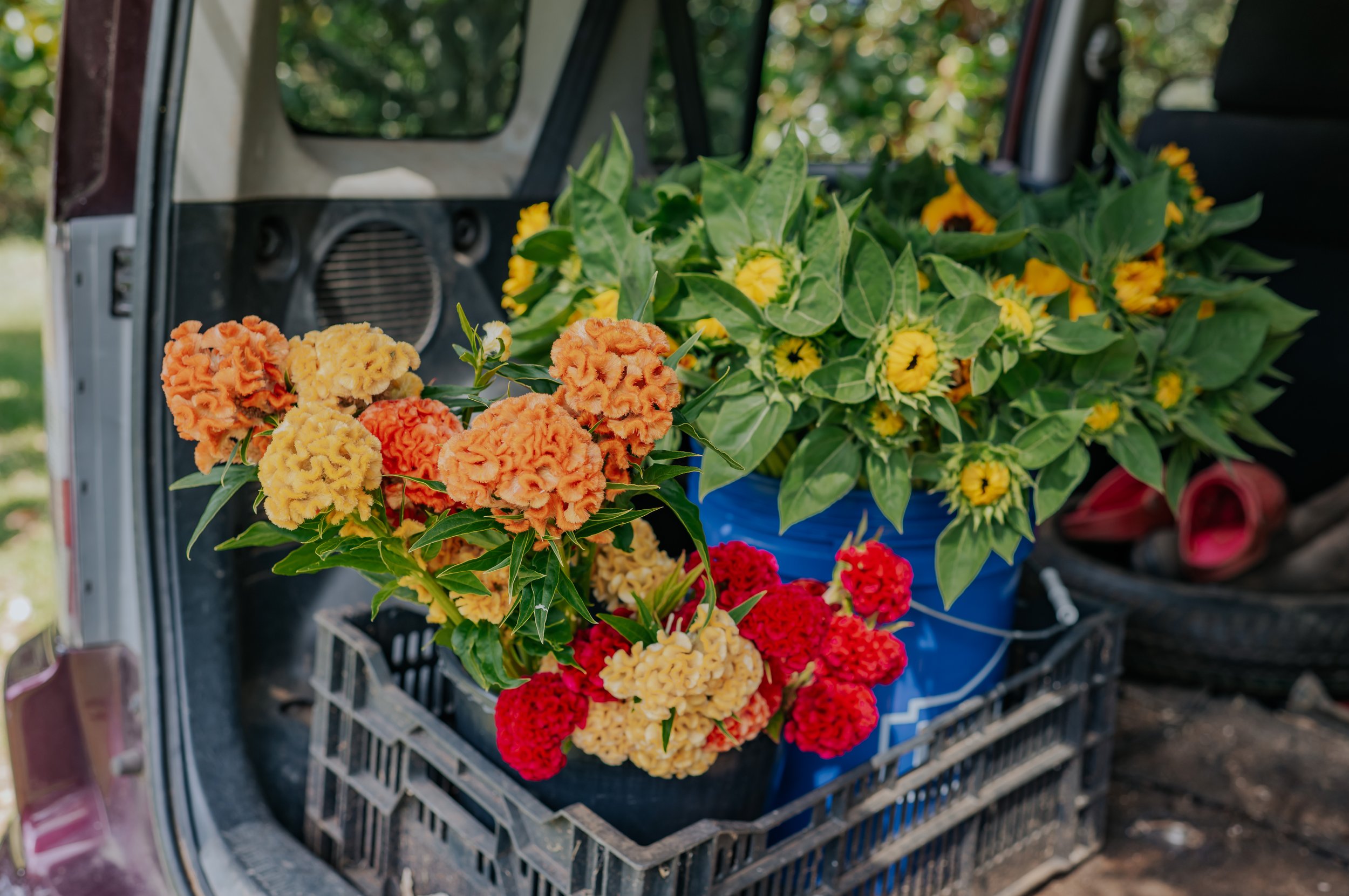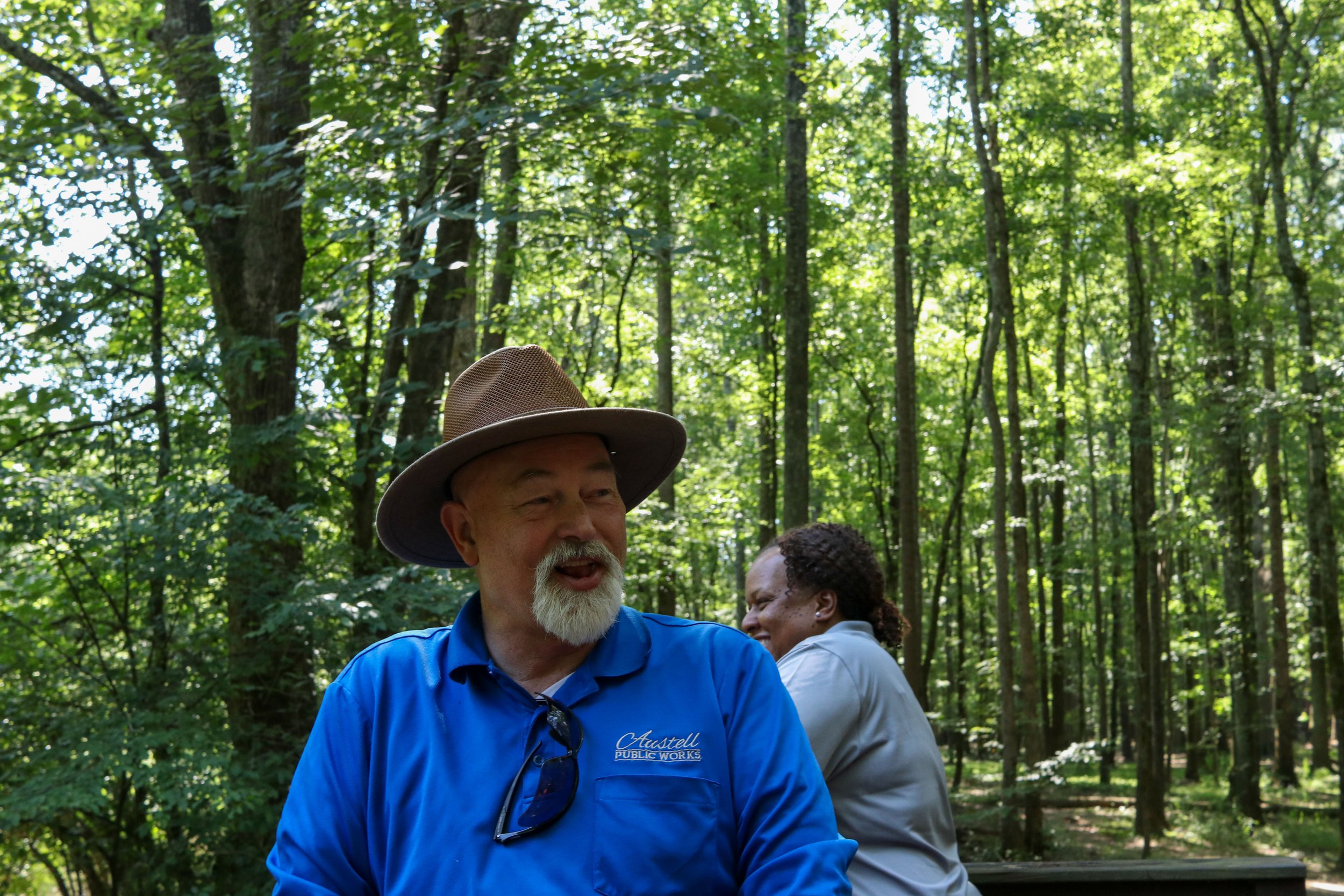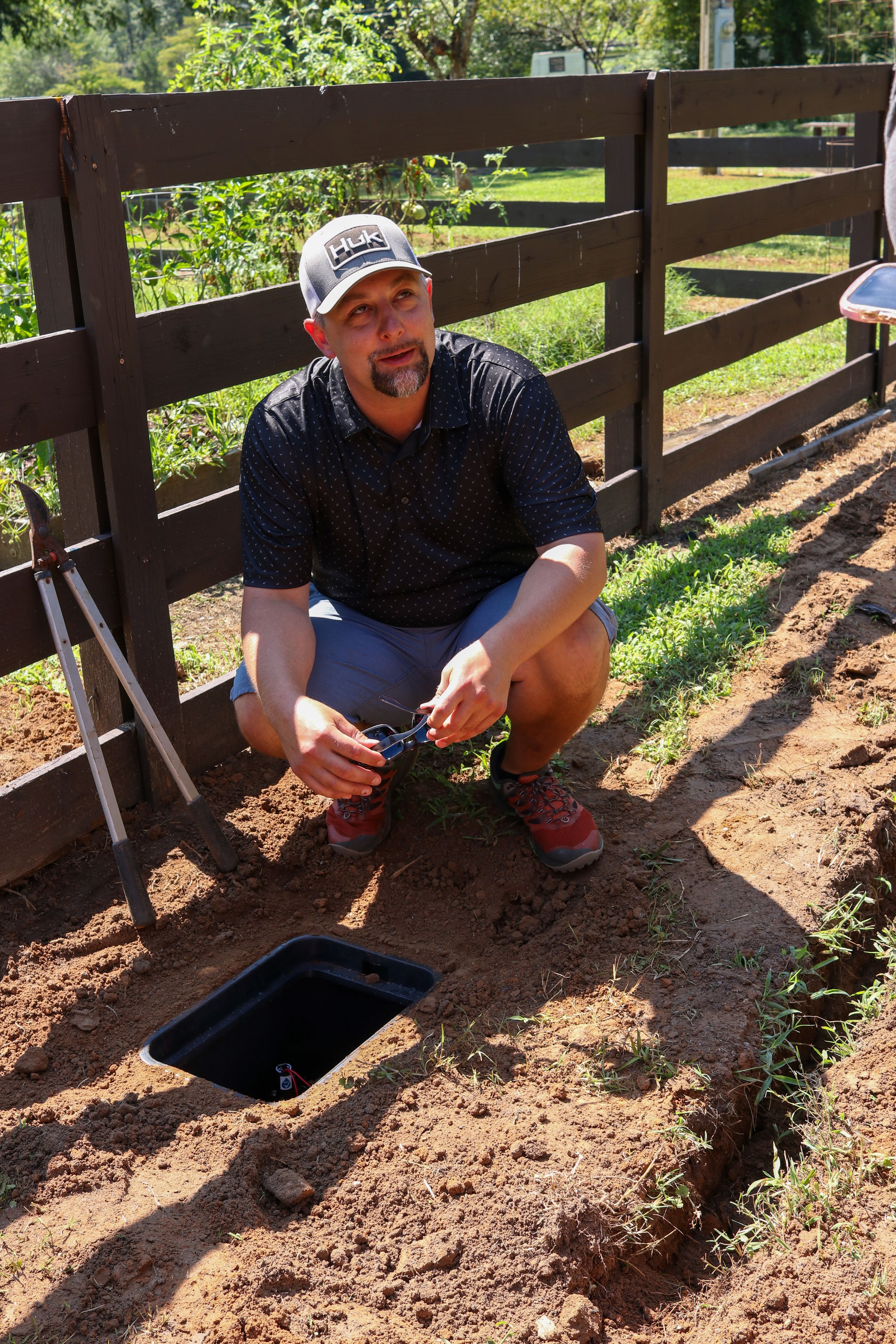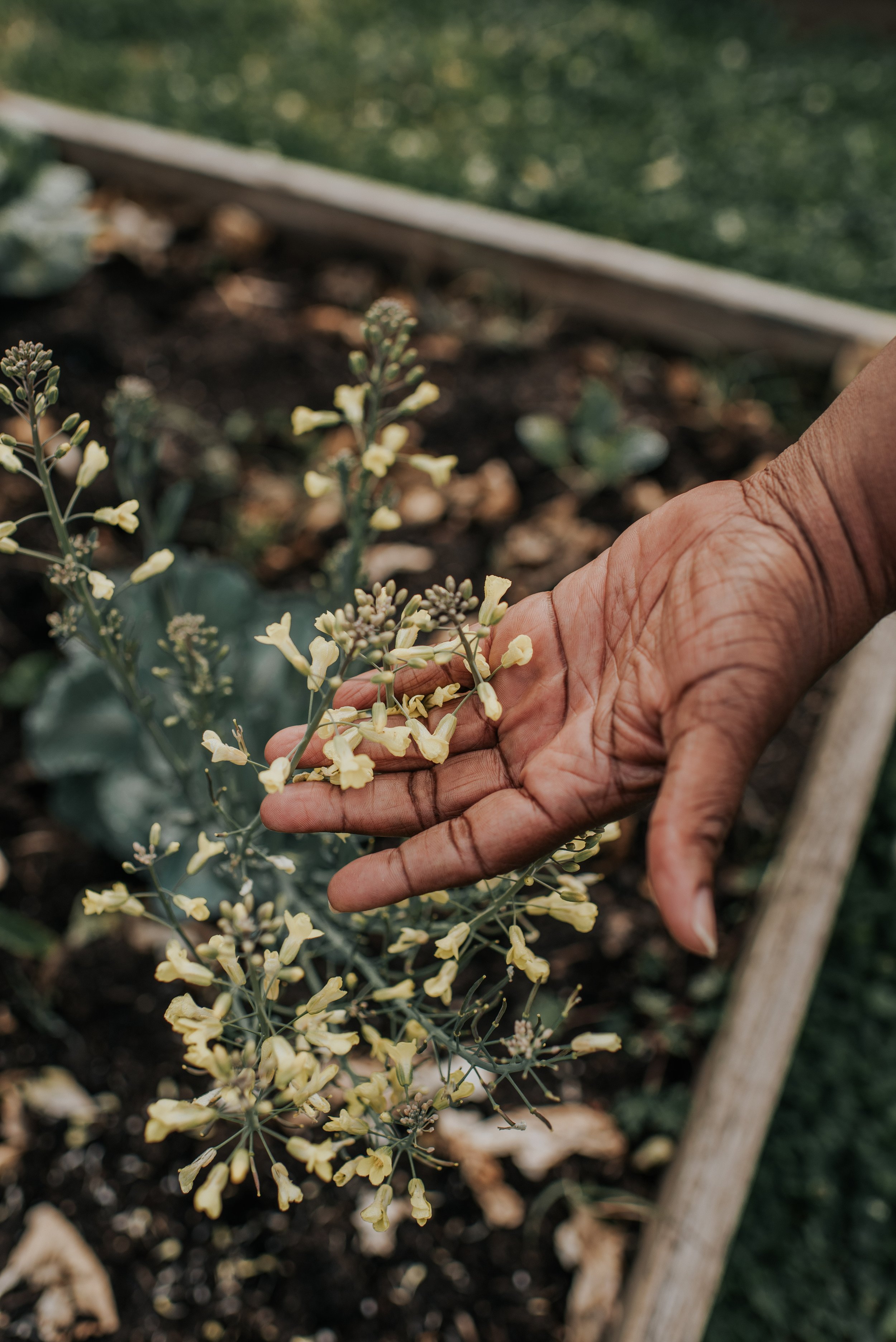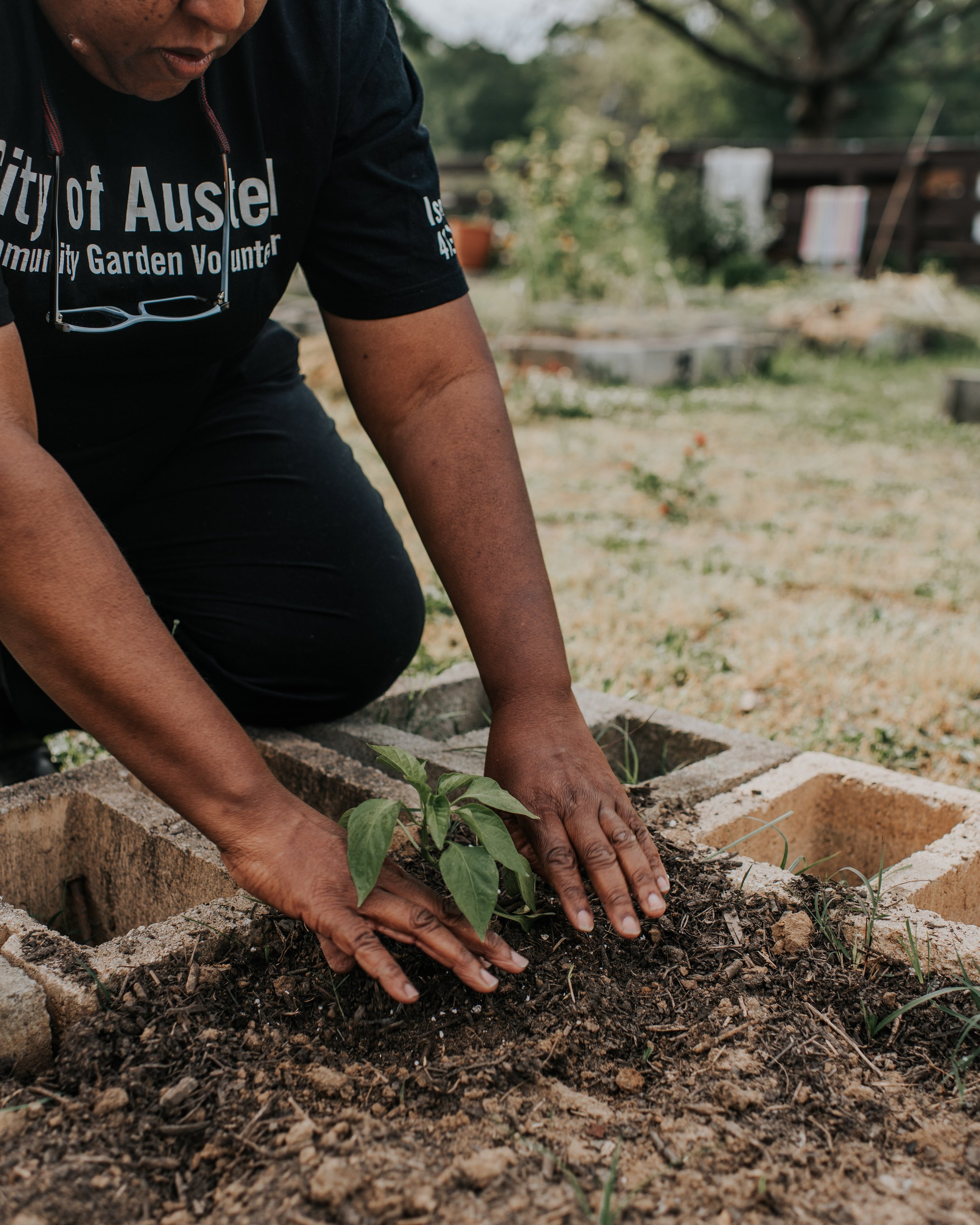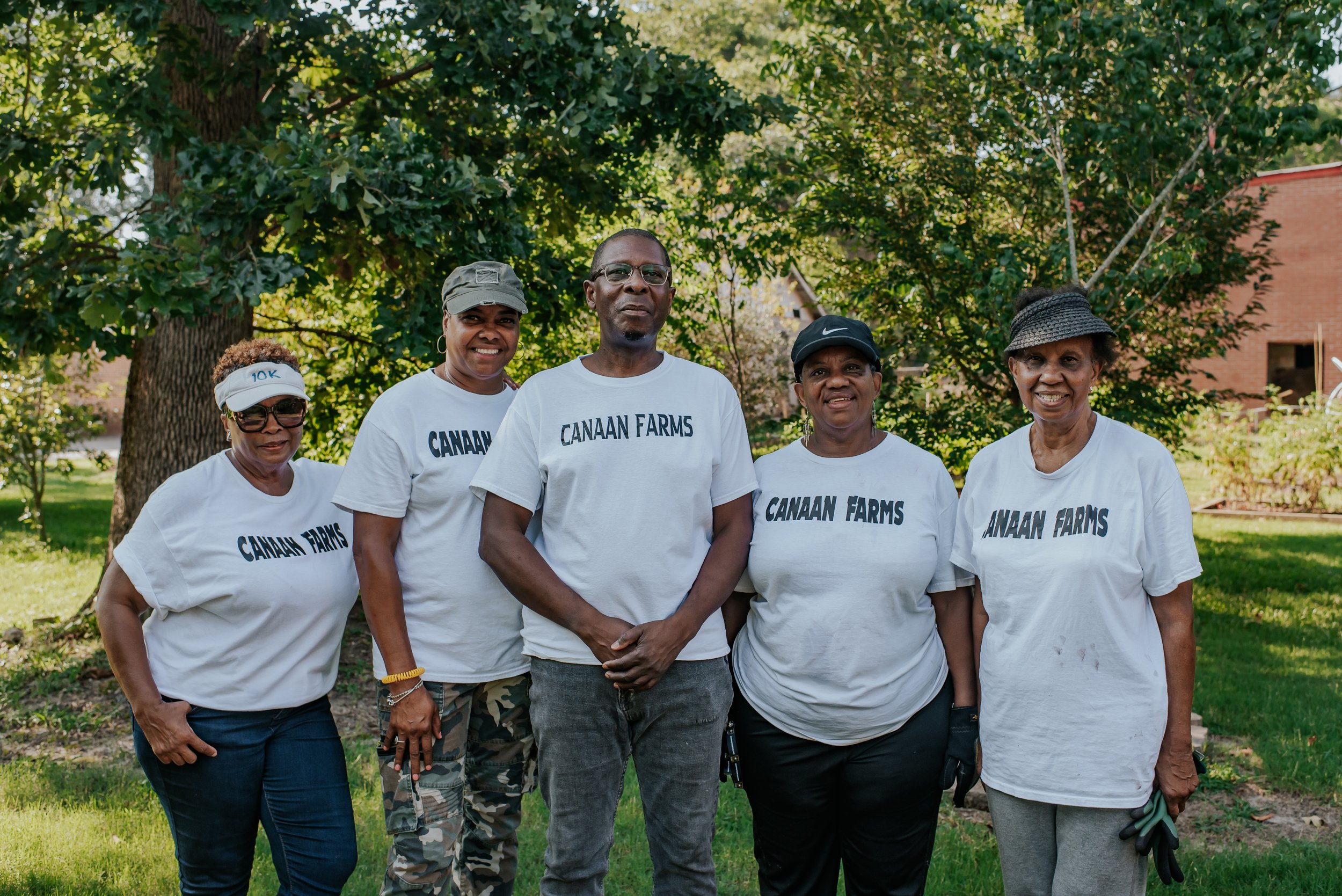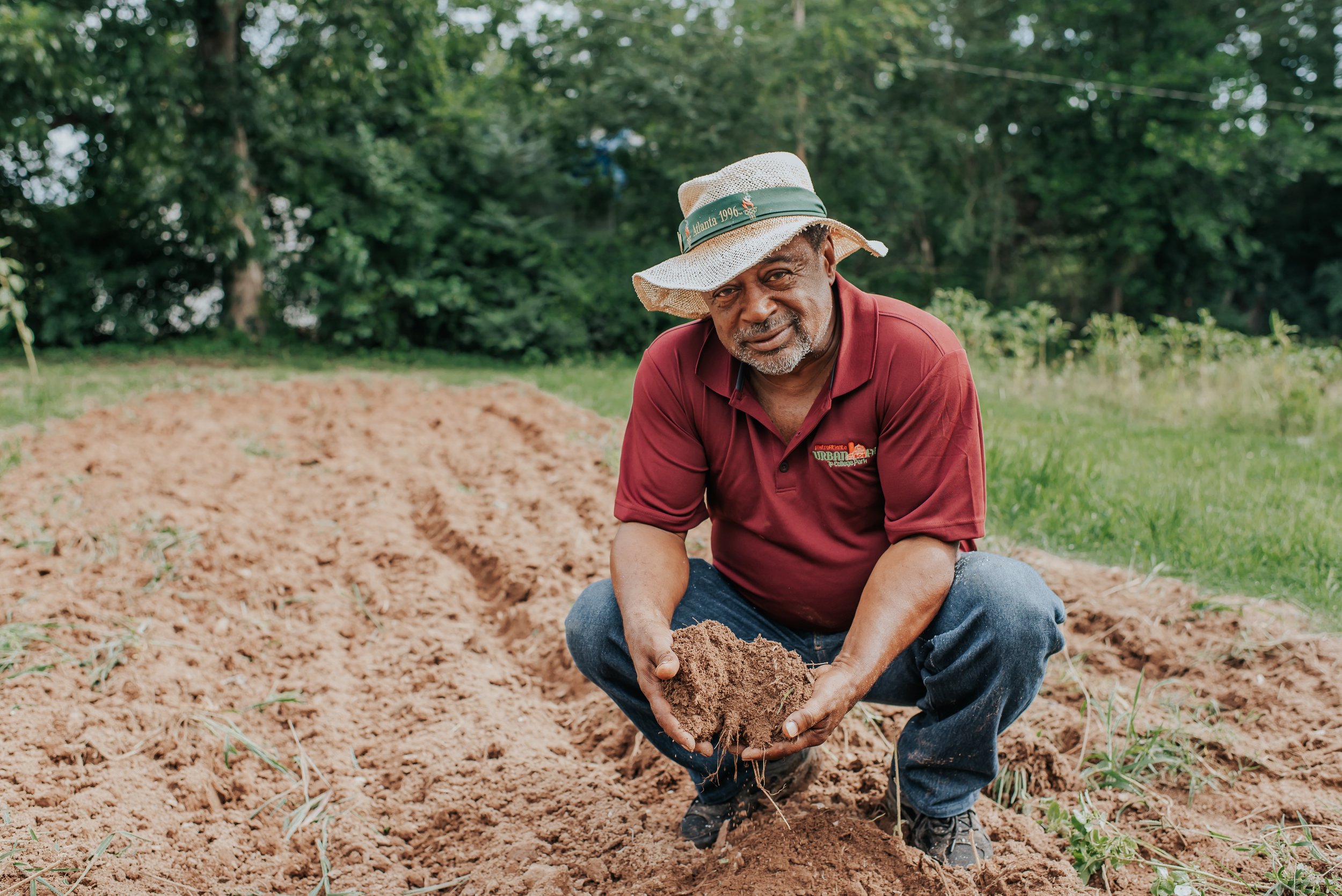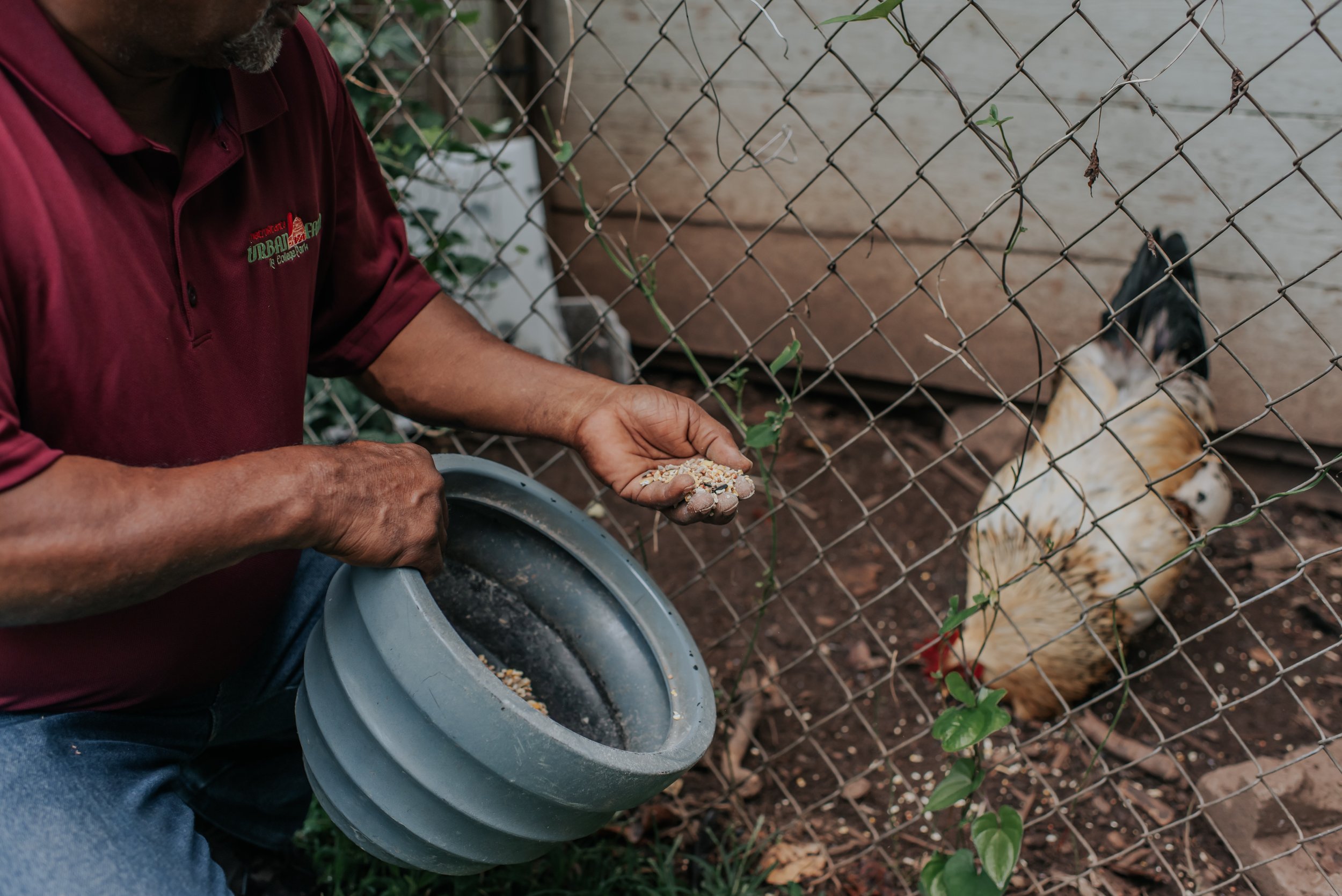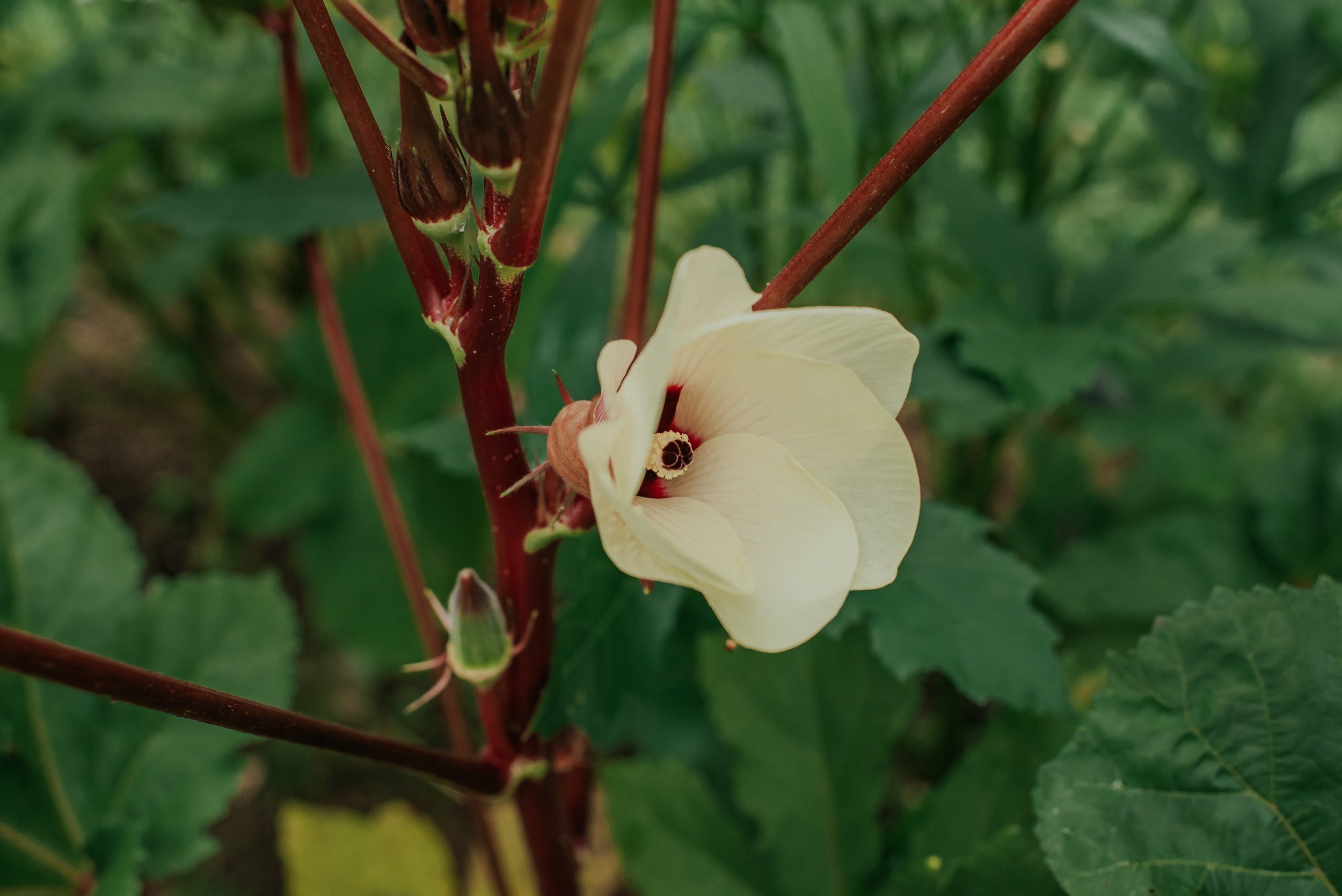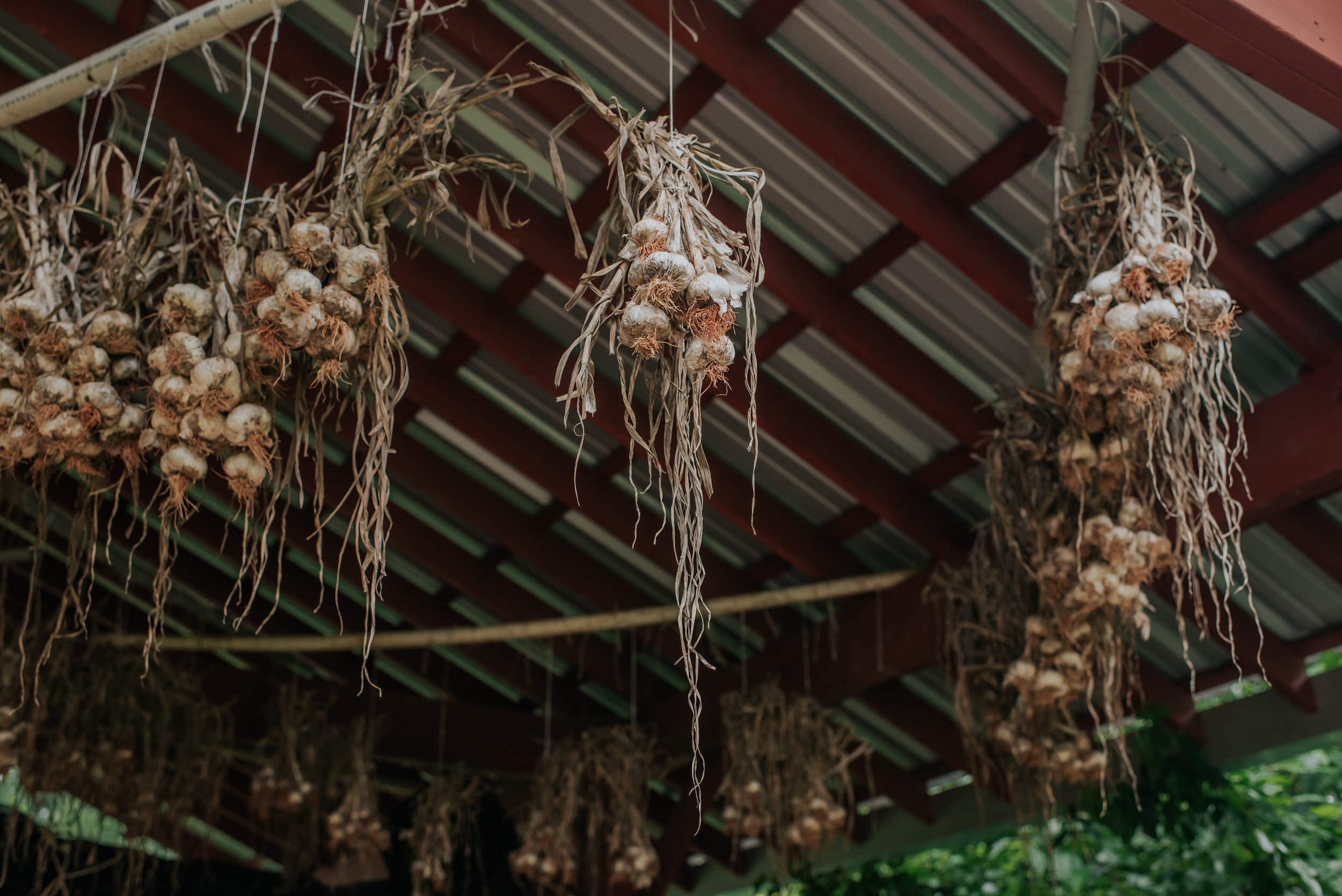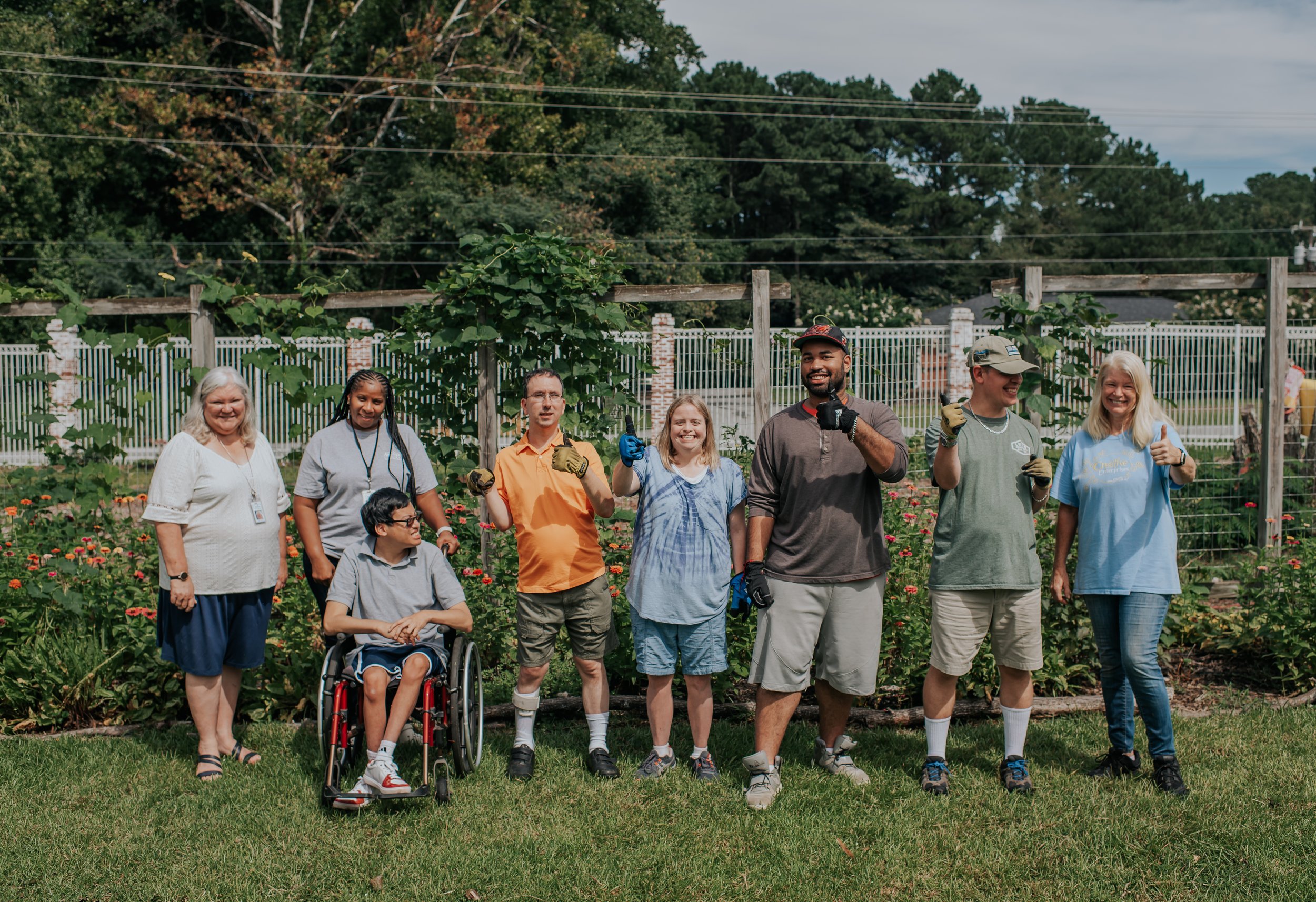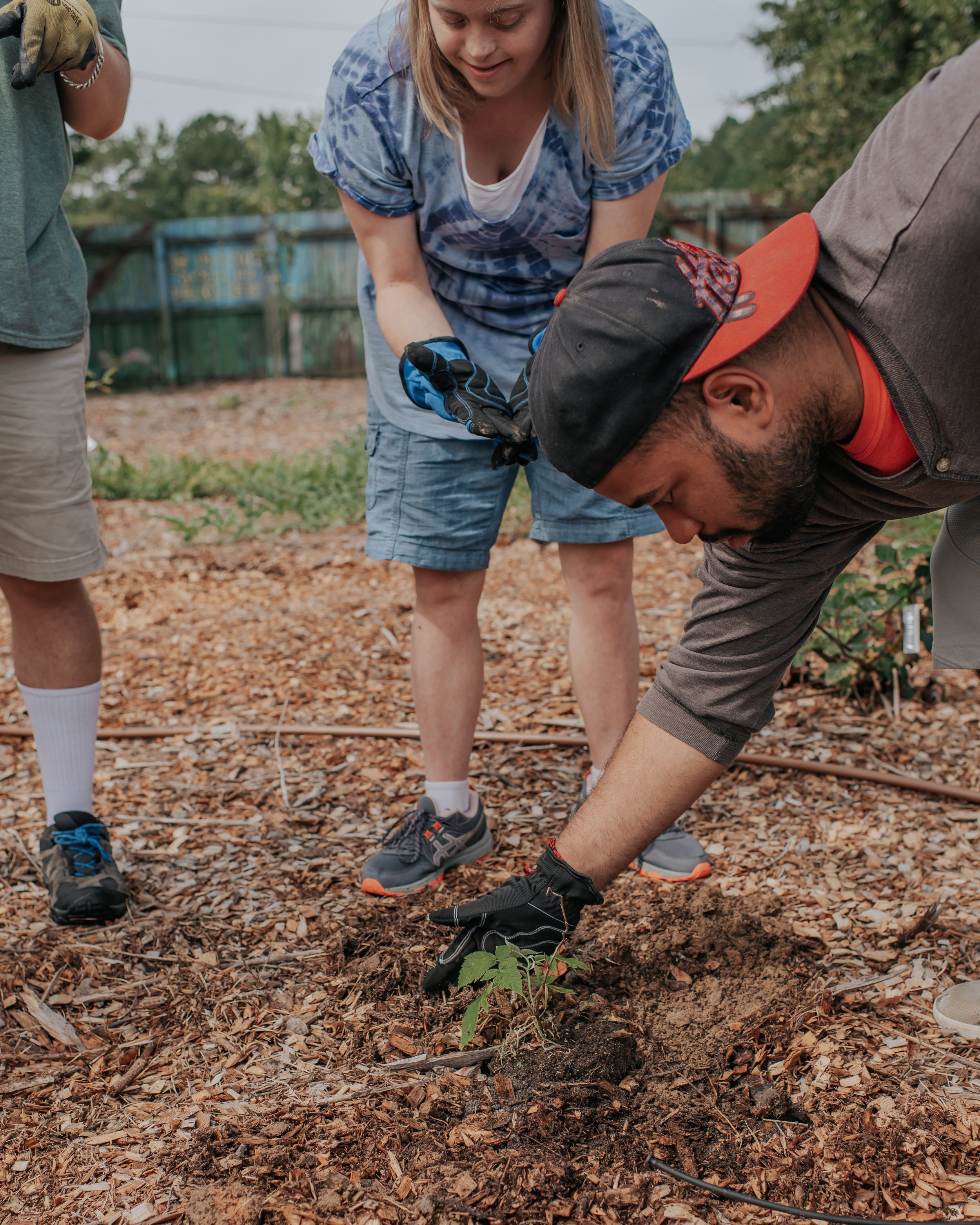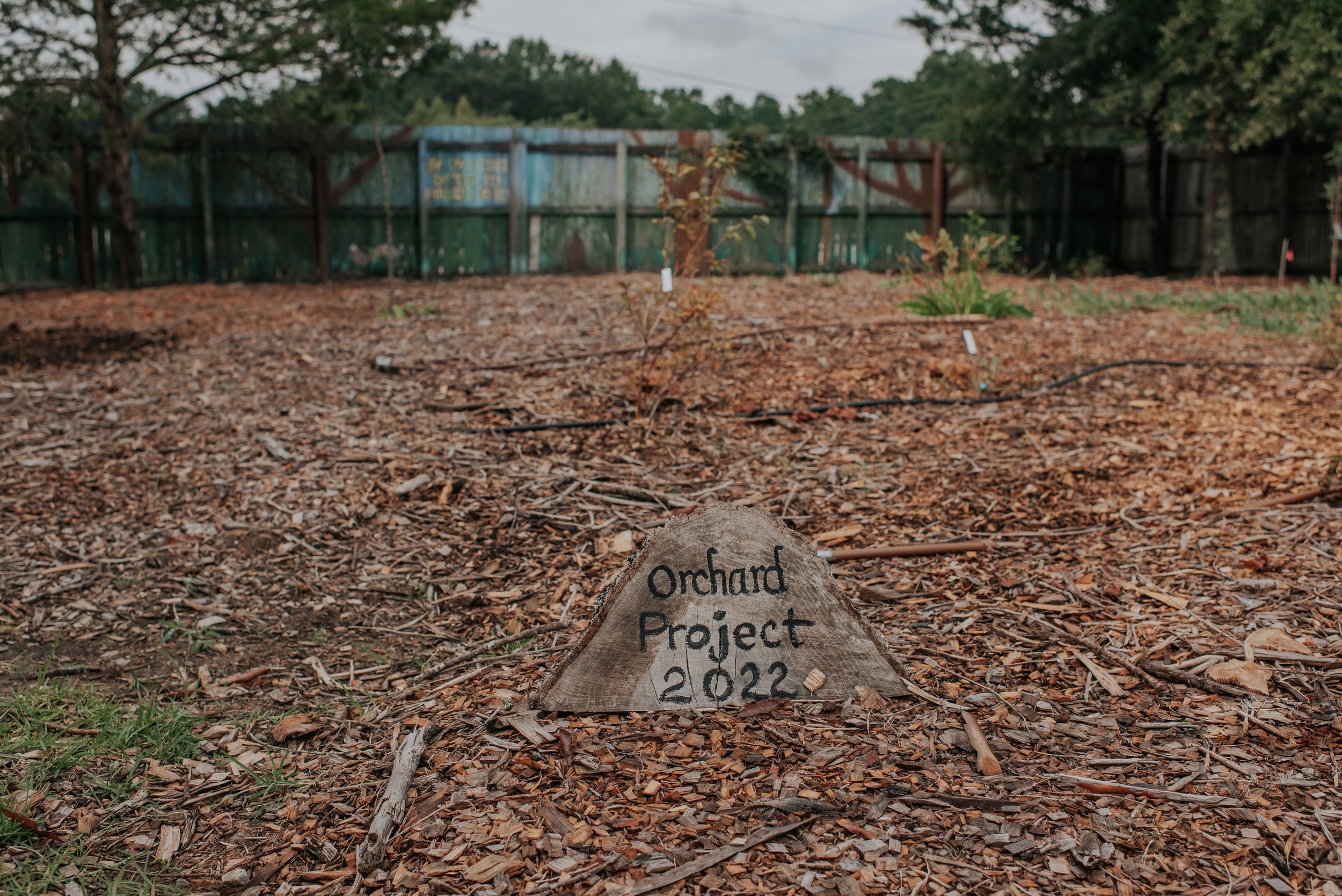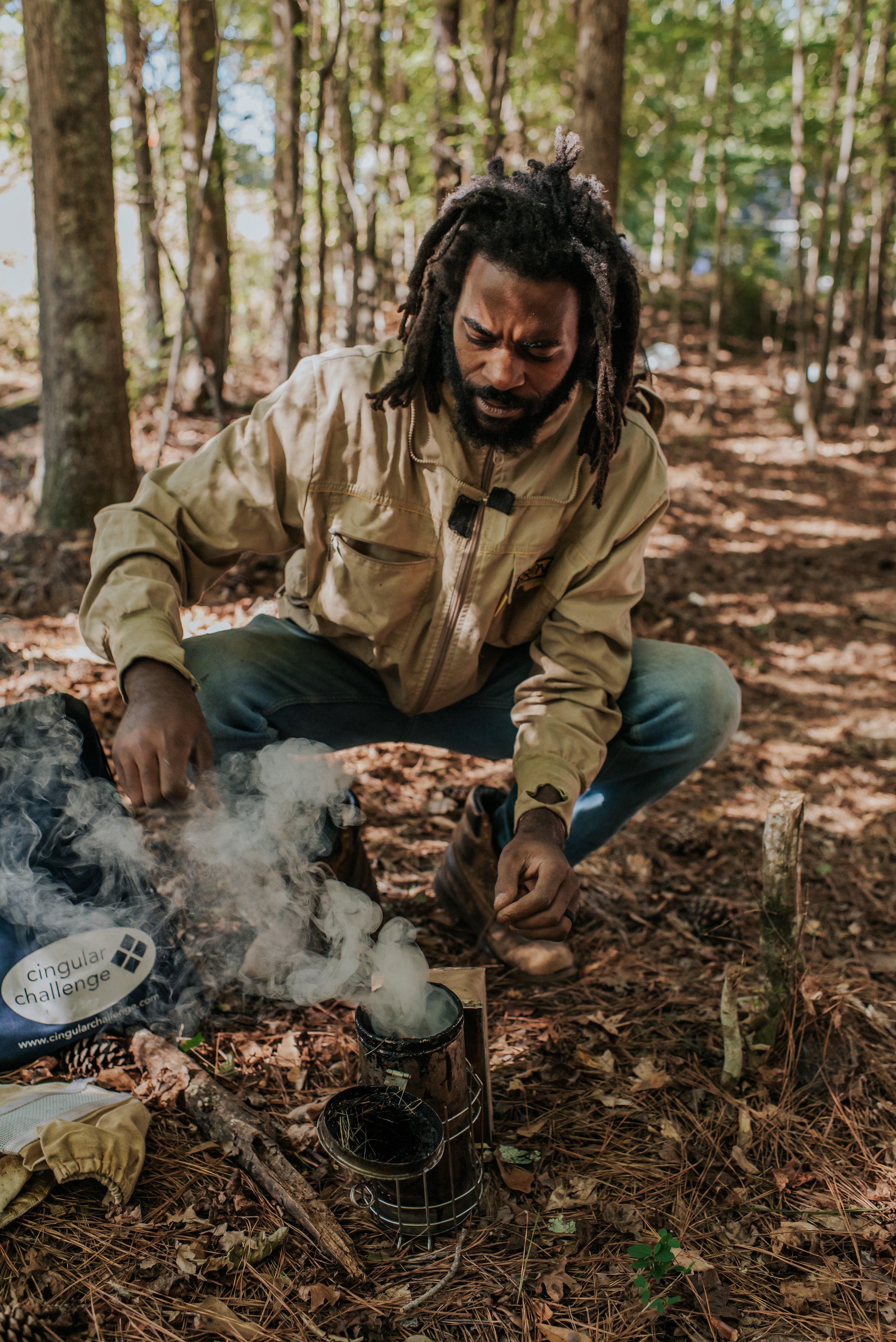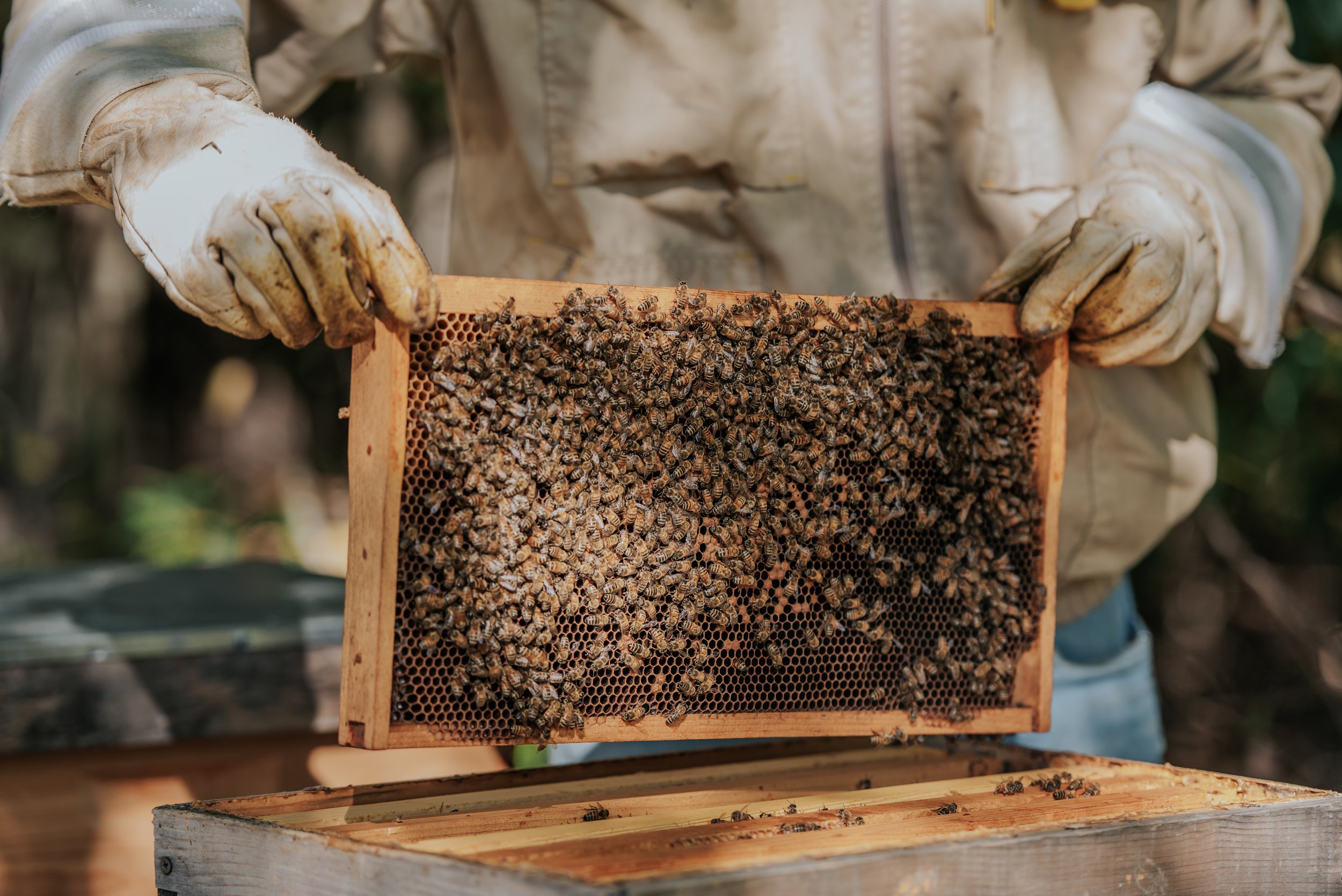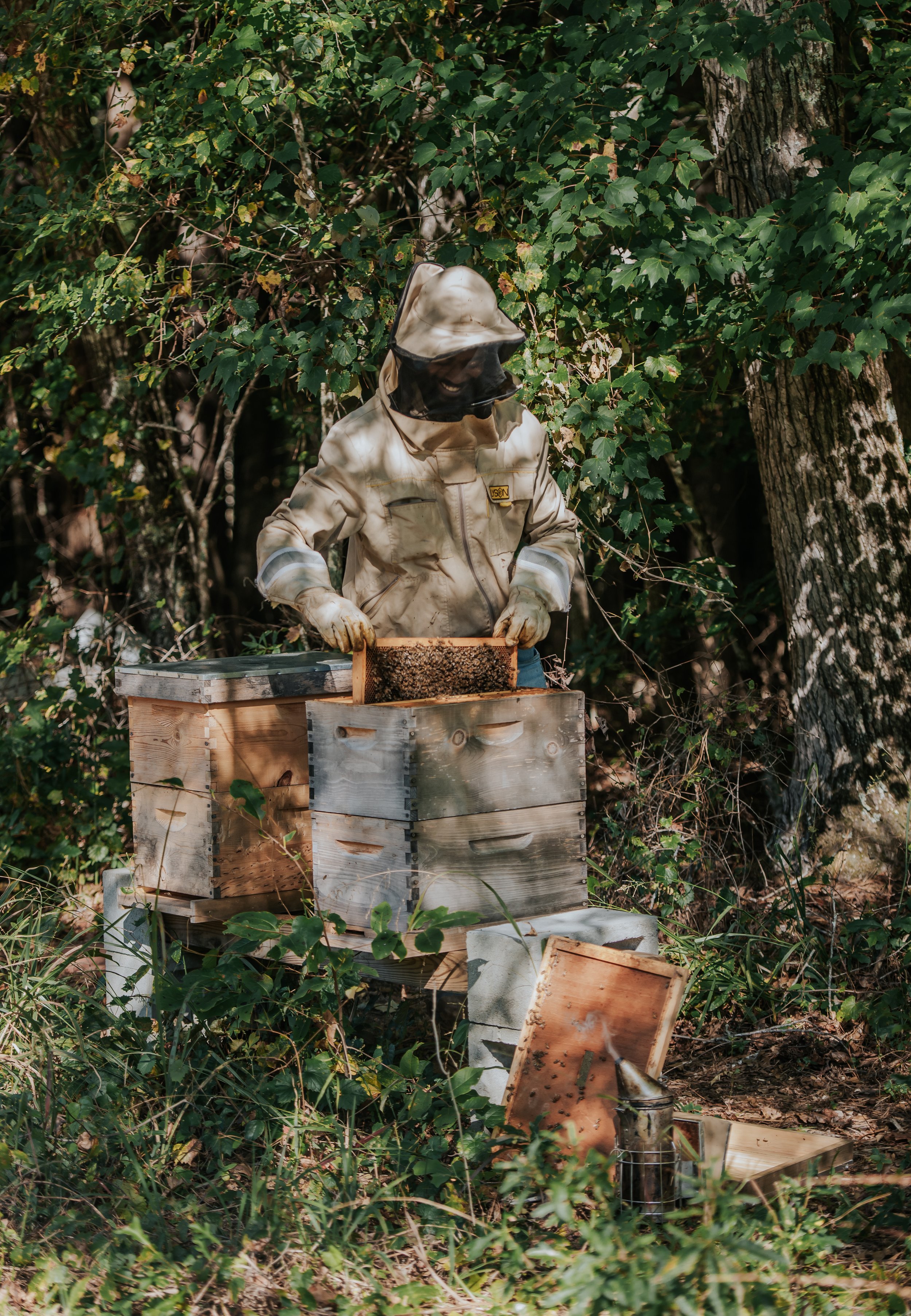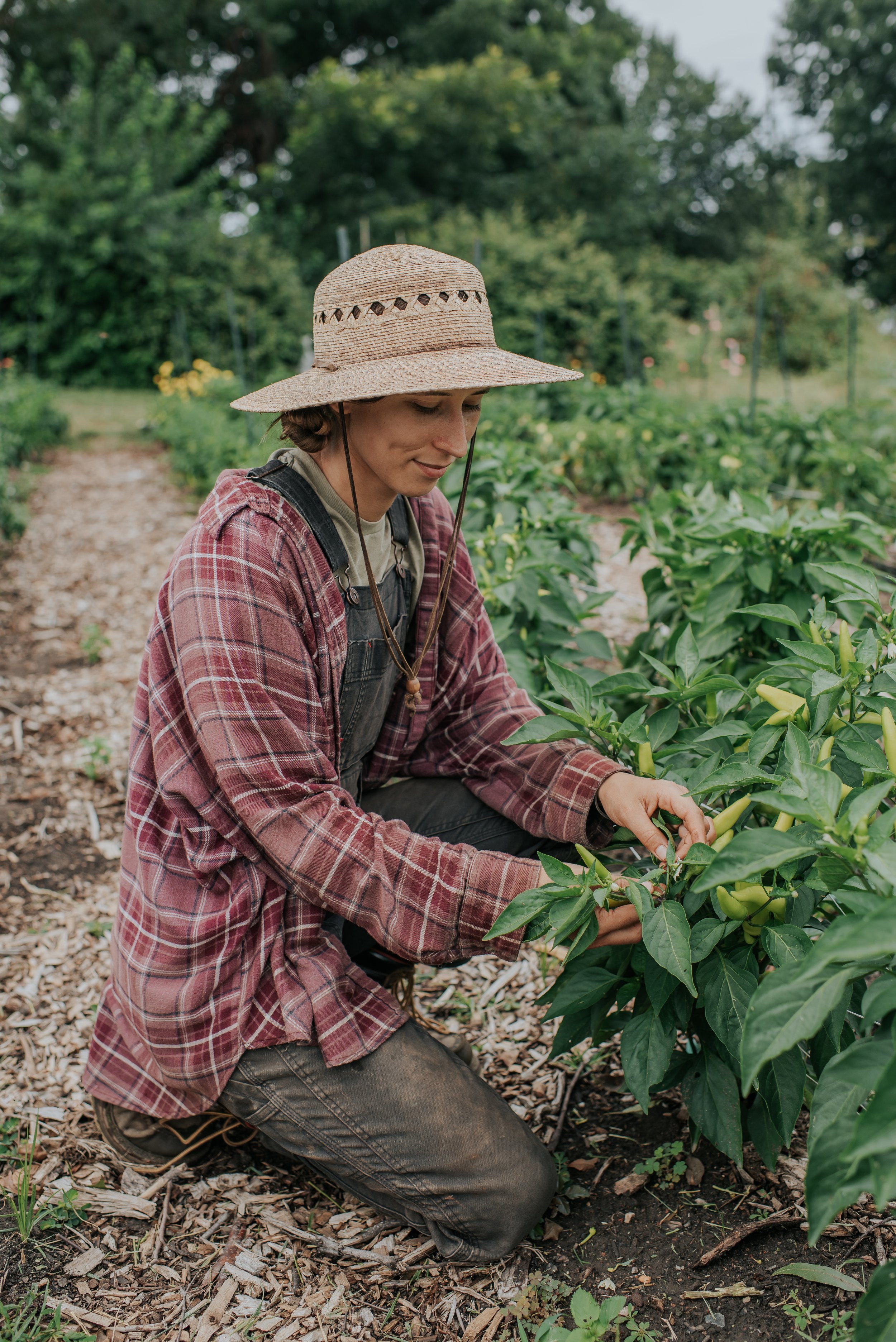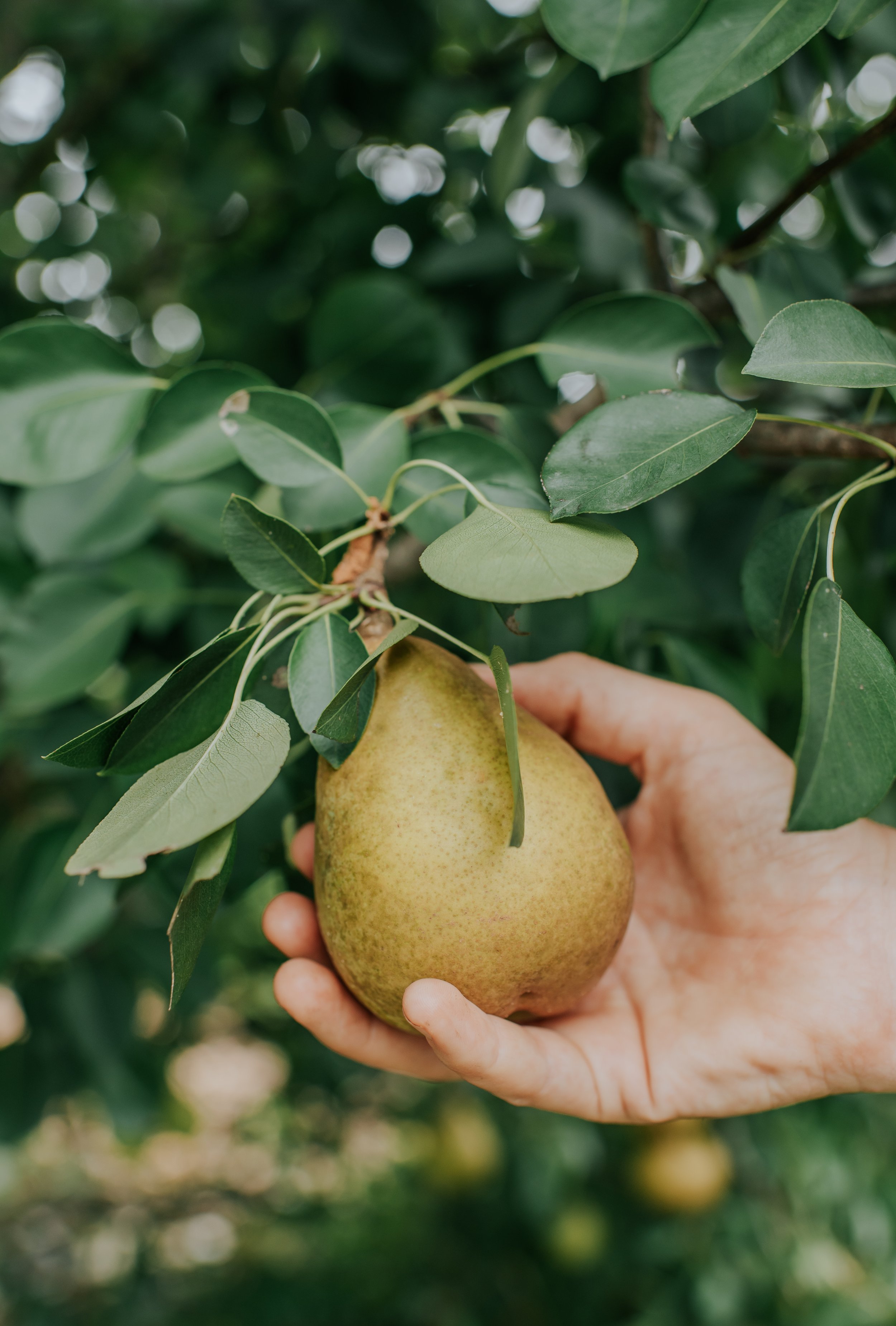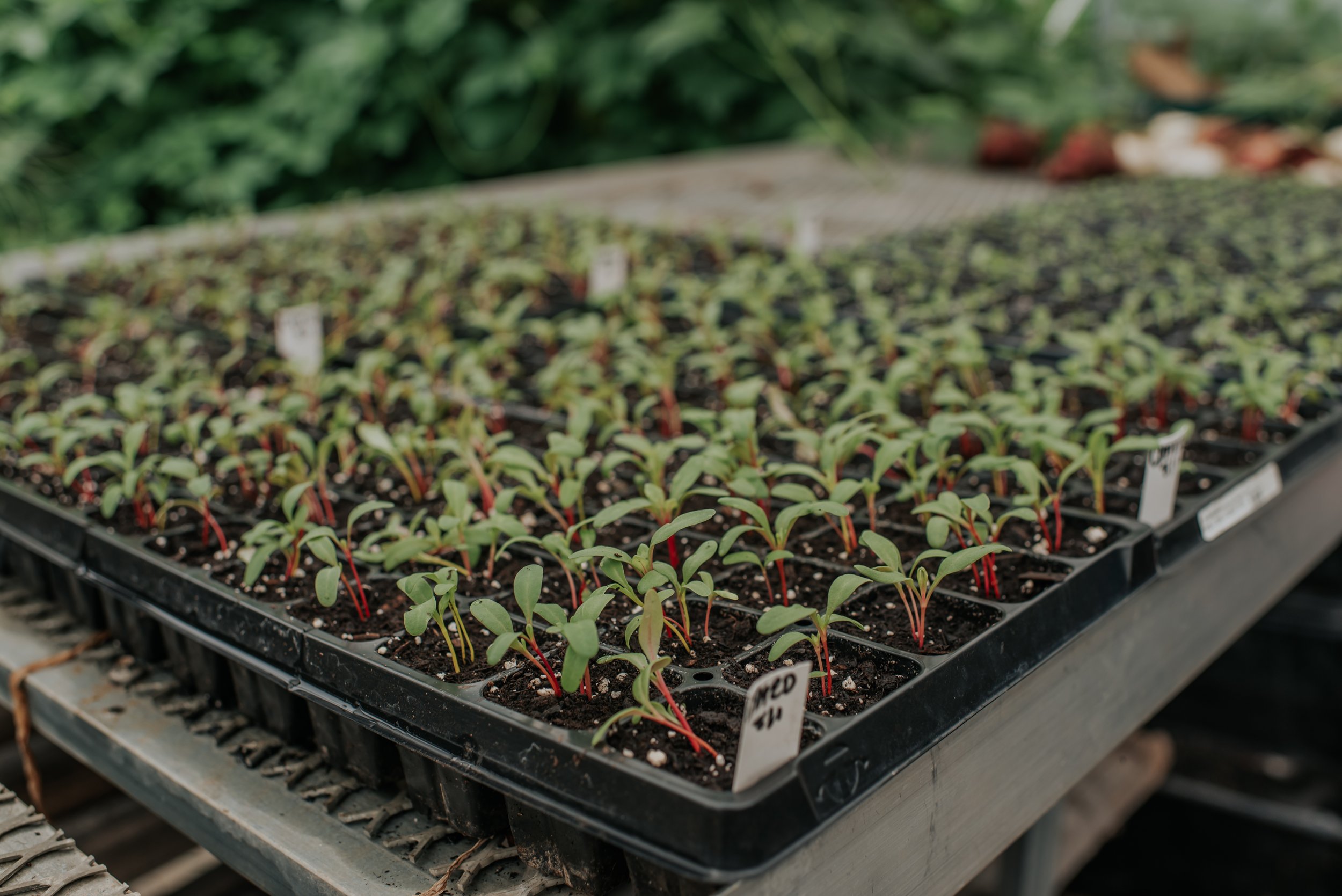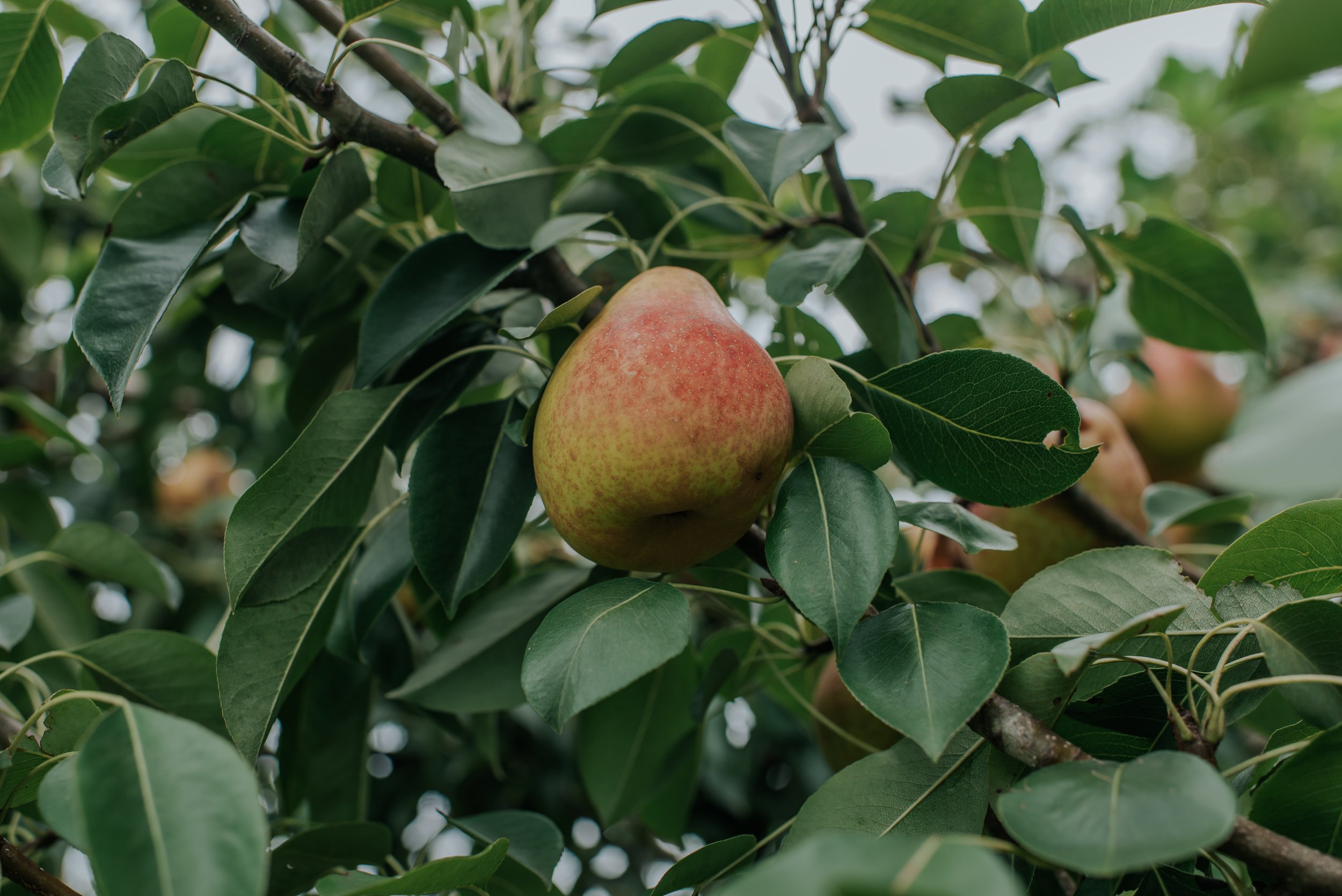EliYahu Ben Asa | Atlanta Harvest
/EliYahu Ben Asa
Atlanta Harvest
Ellenwood, Clayton County
We recently caught up with local grower EliYahu Ben Asa, owner and operator of Atlanta Harvest farm in Ellenwood, GA. The thing that stands out in every conversation with EliYahu is his passion for the people in his community. “The idea of touching the hearts of the people we serve is everything we’re about,” said EliYahu. “I want to help people achieve their health goals.”
The farm is a high production operation with a popular farm stand and lots of repeat customers. EliYahu takes the time to answer their questions as often as possible. “Rather than be a salesman and convince them to buy our stuff, I’m trying to reach people about the path they’re on and the things they’re eating,” said EliYahu. “If you eat a beet when it’s not beet season, you’re eating beets that are coming from the other side of the world, and the food travels so long, it becomes nutrient deficient. People wonder why they try to start eating healthy and they’re not as successful. It’s because the food they’re eating is not as fresh and doesn’t have the nutrients the body needs to do the job it’s supposed to do. It’s just better to buy food that is local. The idea I really try to push is to eat food that is grown by farmers like us. Hyper local food has the most nutrient benefits and will help your body achieve the proper energy input and output.”
A $25,000 grant from Food Well has helped contribute to building a larger market slated to open in fall of 2025. EliYahu has been collecting the desires of the community so the new store will offer more of what they need, including increased parking, longer hours of 9AM - 9PM, and a wider variety of cost-effective options. Most foods sold at the market are grown and raised on the Ellenwood farm or the family’s farm in Griffin. Products sourced off the farm are Georgia grown, with some items coming from the Carolinas, Florida and select fruits from tropical zones. “We focus on the process in which food is grown,” said EliYahu. “We’re at a point where most everything in the store is pesticide and chemical free, with caring intention to nutrient density. Our market is for people who really care about their health and are willing to make a change that’s still affordable, but will benefit them and hopefully the generations that follow.”
A critical moment for Atlanta Harvest this year came when they were awarded a federally funded grant to support migrant workers. “They helped us to expand and get a lot of work done, but because of federal cuts, we have yet to receive any of the funds to pay them,” said EliYahu. “It’s been hard to manage because we paid them out of pocket. We expected this grant money to flow through.”
There’s always a lot of work to be done at the farm, and funding is essential to target the projects that will most benefit the community. In addition to the new farm stand, Food Well donor dollars have not only contributed to the new market, but a walk-in cooler, farm labor stipends, and more. “We’re constantly trying to balance the budget on what’s most important,” said EliYahu. “These dollars are allowing us to make adjustments to our infrastructure to benefit the services we are providing for the community.”
The farm stand is currently open Sunday - Friday, 11AM - 6PM and offers online ordering with pick up or delivery within a 10-mile radius. Learn more at atlantaharvest.com and follow them on social media @atlantaharvest for updates on broader deliveries to the Atlanta area.
Story of EliYahu and Atlanta Harvest from 2023.
When you arrive at Atlanta Harvest, the farm stand immediately catches your eye. The stand proudly displays a photo of the Ysrael family who own and run Atlanta Harvest and two other farms in Dublin and Griffin. Inside, people can shop on Sundays through Fridays from 11 AM - 5 PM for freshly grown produce, meat and dairy products, and other items sourced from local and black-owned businesses. “My initial inspiration for the farm stand was that we needed a place to sell in the city. Before, we were growing in Dublin and selling at farmers markets. That was the original idea behind purchasing Atlanta Harvest,” said EliYahu Ben Asa who owns and operates the farm.
When we last checked in with Atlanta Harvest, we covered their journey from leasing land in Jonesboro to acquiring the land they currently farm in Ellenwood. With the help of a Food Well Alliance grant, the family was able to make a down payment on the new property. Aside from some fruit trees and muscadine vines, the site was a blank canvas, allowing them to transform the space into their vision for Atlanta Harvest. However this also meant undertaking a lot of infrastructure projects. Over the course of three years, they’ve made a lot of progress, including the construction of the farm stand and garden beds and the installation of a drip irrigation system, all from scratch. “One of the biggest things about the way we work is we’re always expanding, always growing,” said EliYahu, who just finished helping his family build a 90×30 chicken coop on their ranch in Griffin. For EliYahu, balancing all aspects for the farm–from planting and growing to harvesting and building–is key and he’s always looking for ways to improve.
The family’s next project is building a brick and mortar store to replace the current farm stand, and they are sourcing logs directly from their land to make the frame. A new Food Well grant will help cover costs for the store. It will be a place where they can sell their own produce, but also help bridge the gap between other local farmers and consumers. “I want to turn this space into a place where farmers can send their produce so they can focus on farming.” EliYahu also hopes the farm stand can become a destination for people to get their household staples in addition to food. “If I can get people to pass Walmart on the left and Kroger on the right and come here, that’s for sure more value for their experience.” Eventually, he also wants to build a nursery and greenhouses so that they can start doing plant sales.
“It's hard to find organizations that believe in your business so much that they will stick with you through it,” said EliYahu speaking on the support Food Well Alliance has provided. “Nothing that we have today could have been done without that support. We’re grateful for donors’ help, you know, and all the other contributions–be it physical, emotional, spiritual–that have been passed on through this process. They’ve helped the business and individuals in our family, so it means a lot.”
